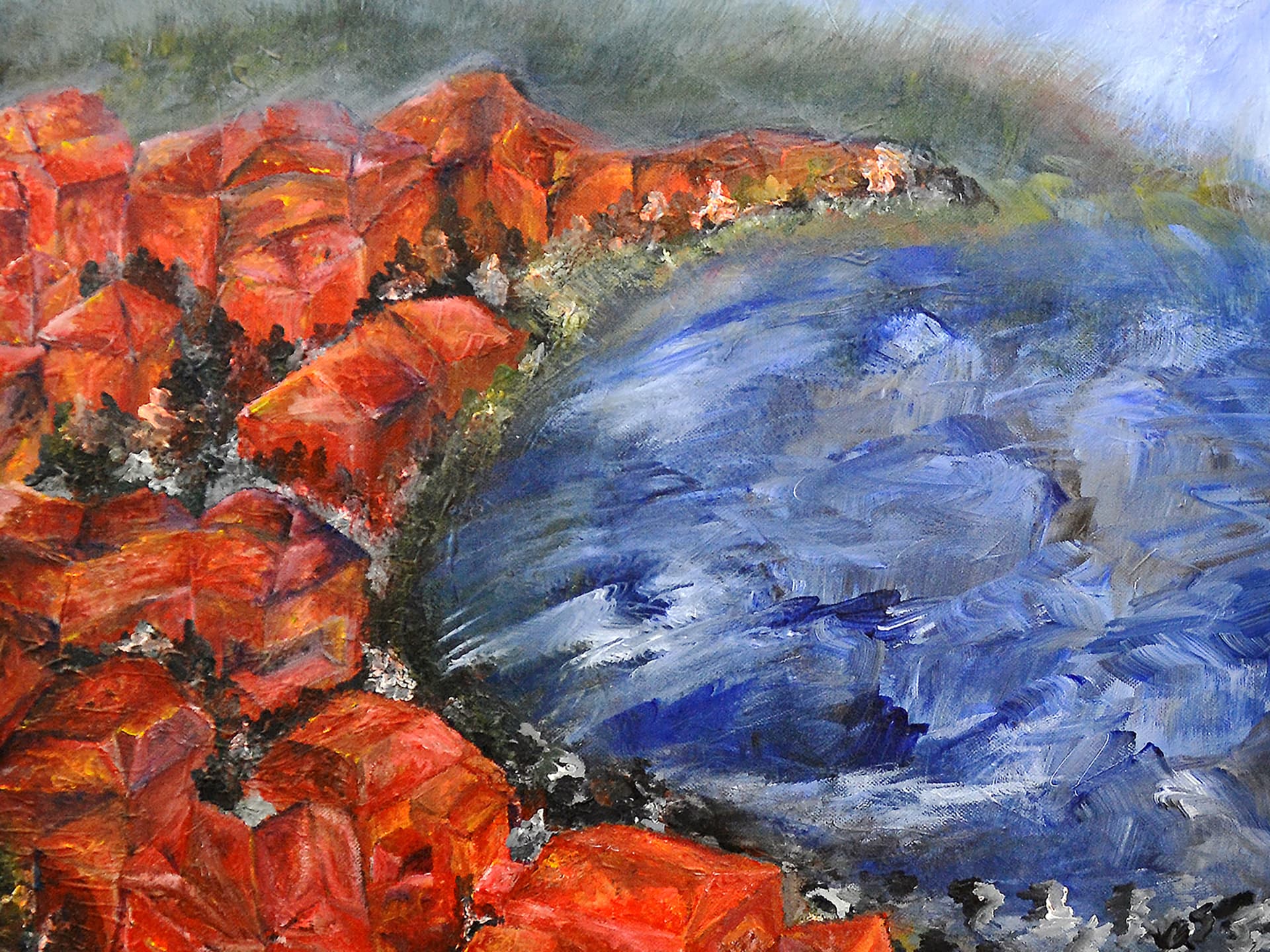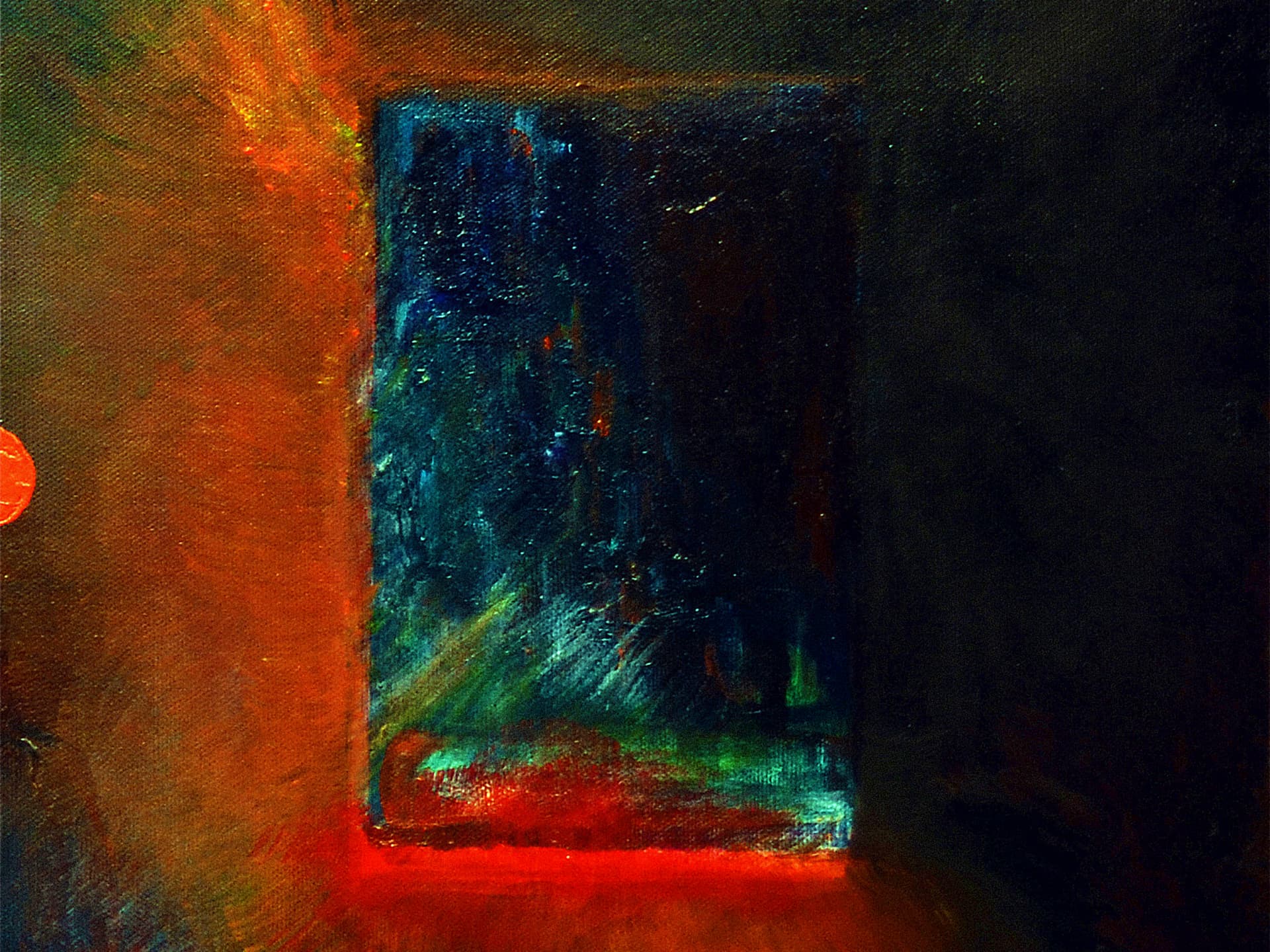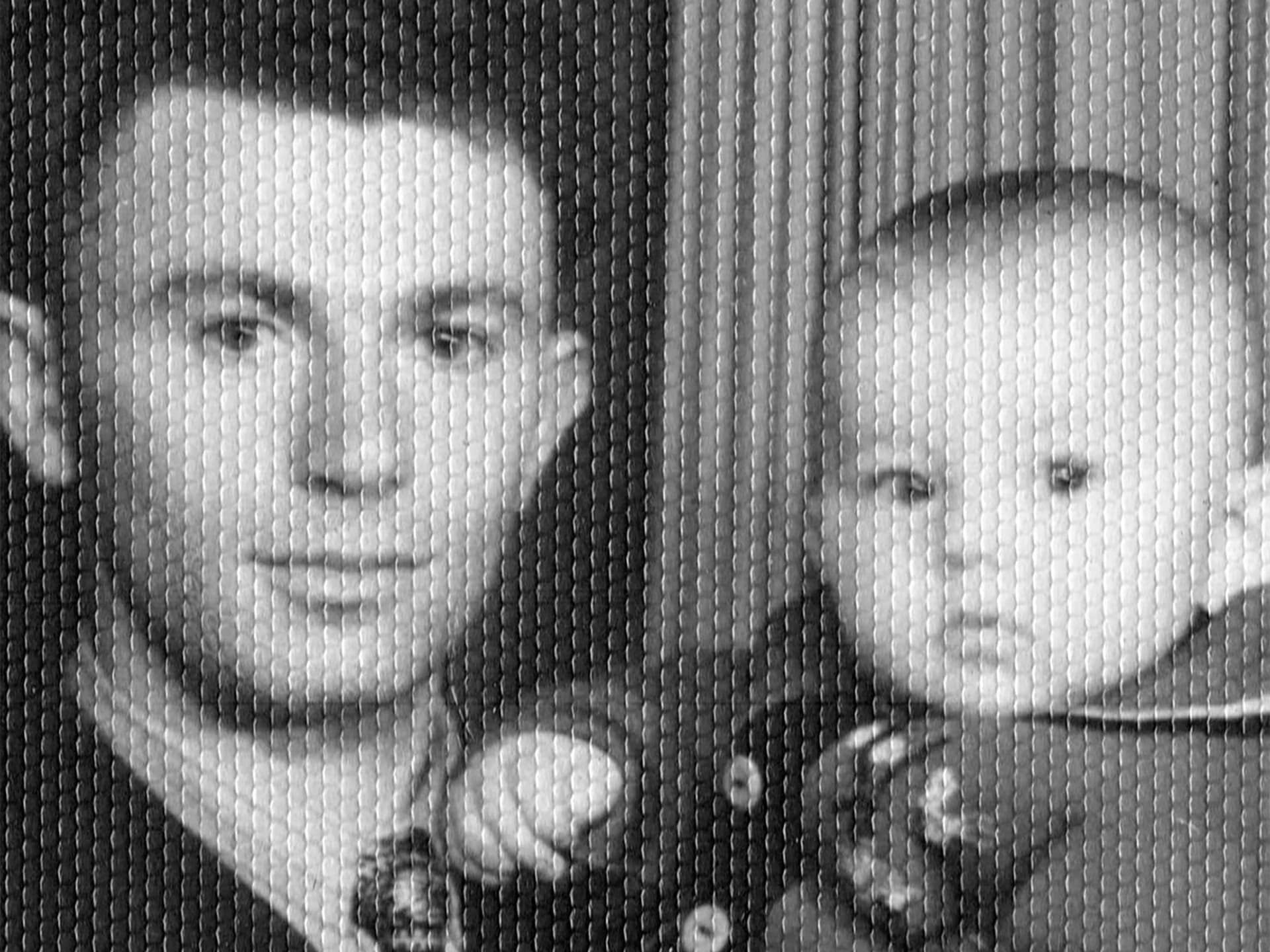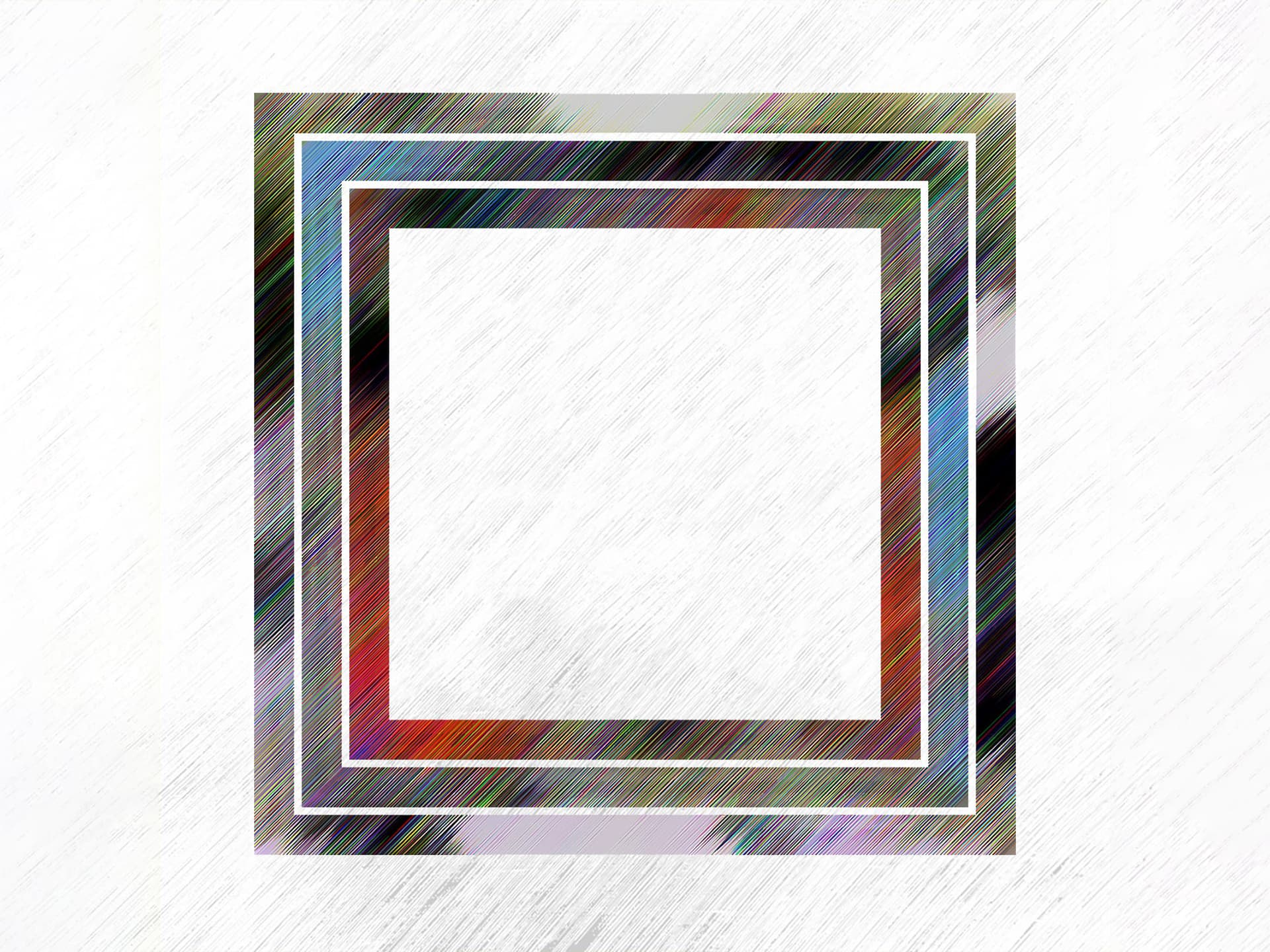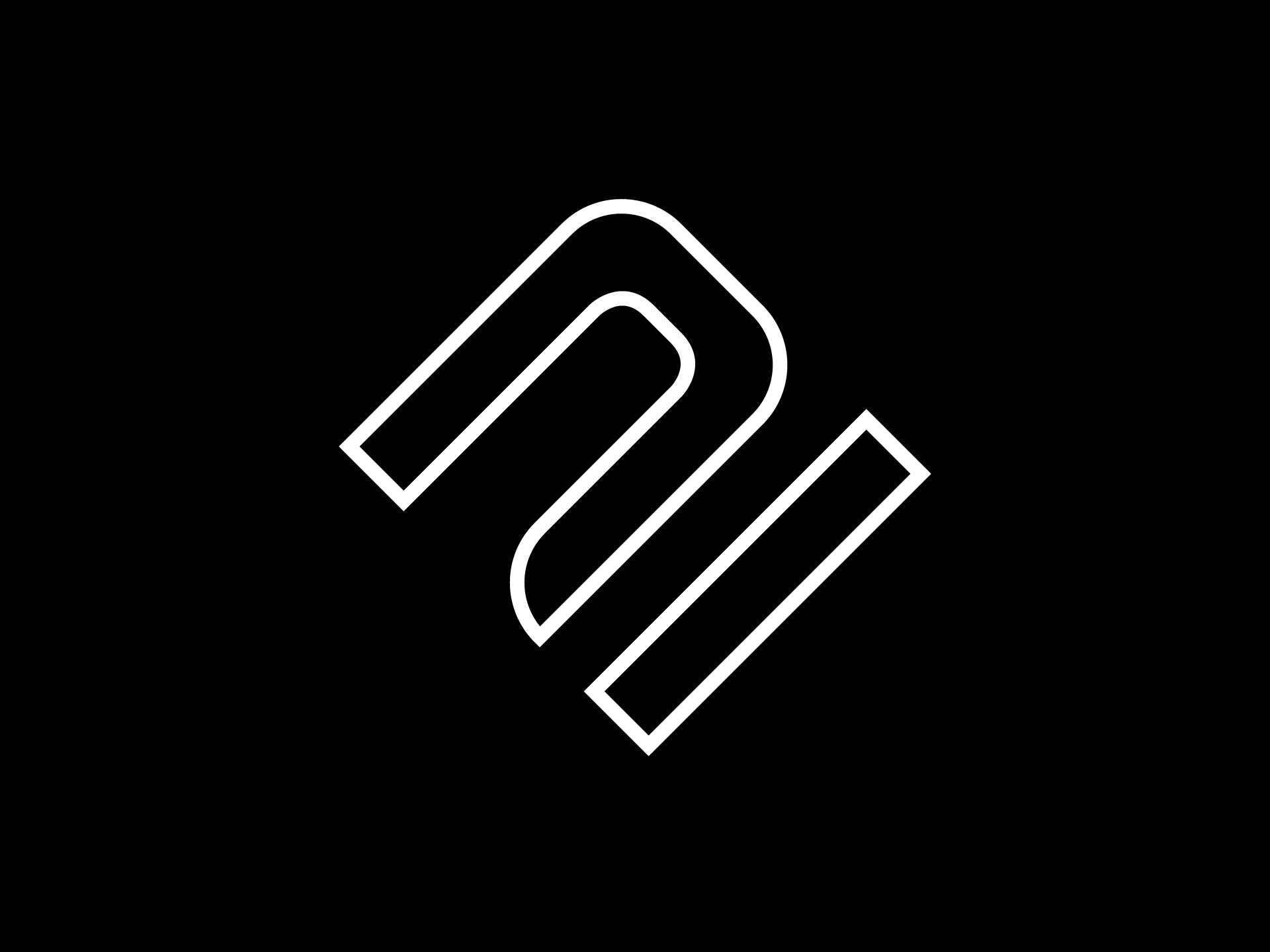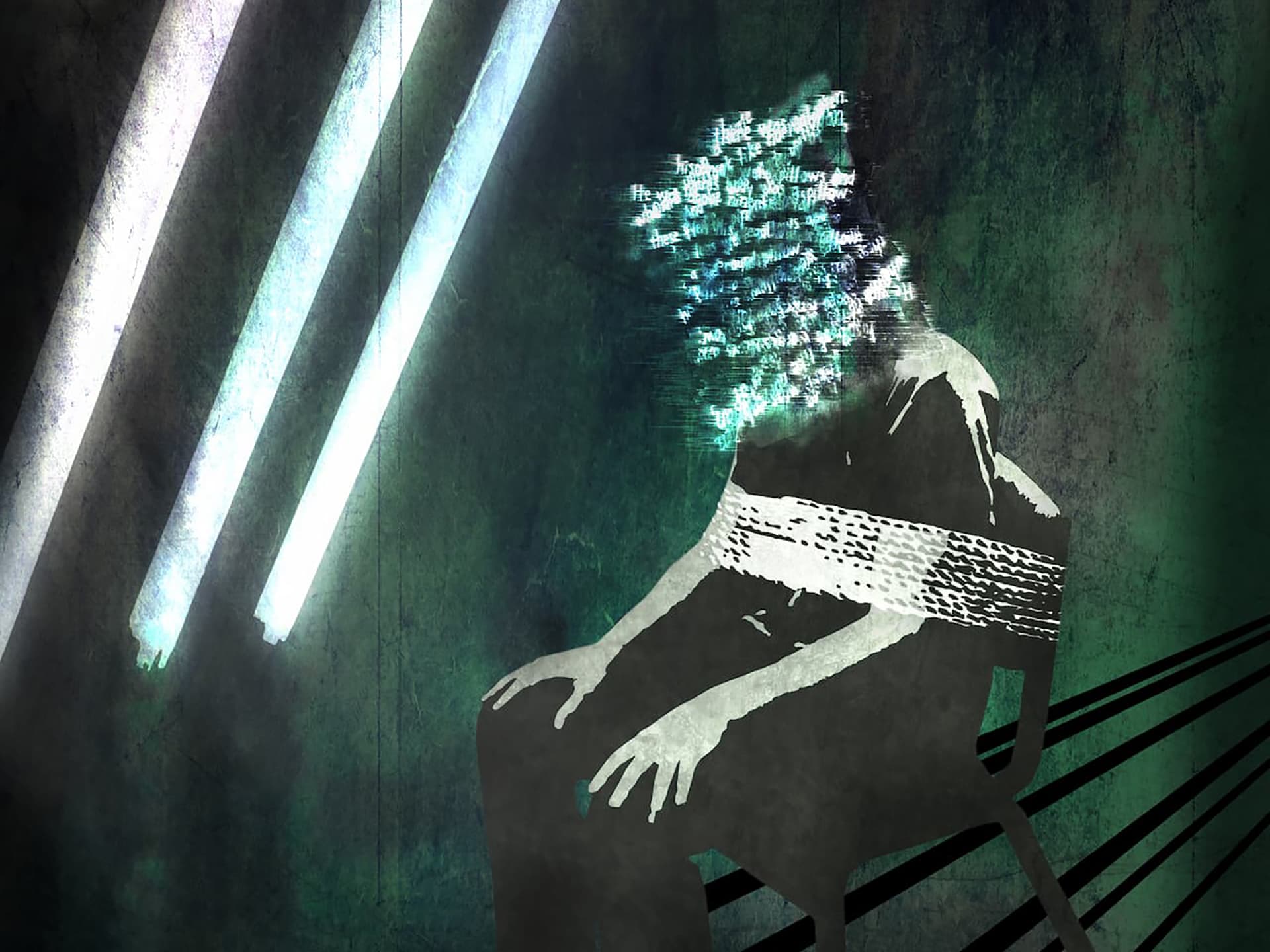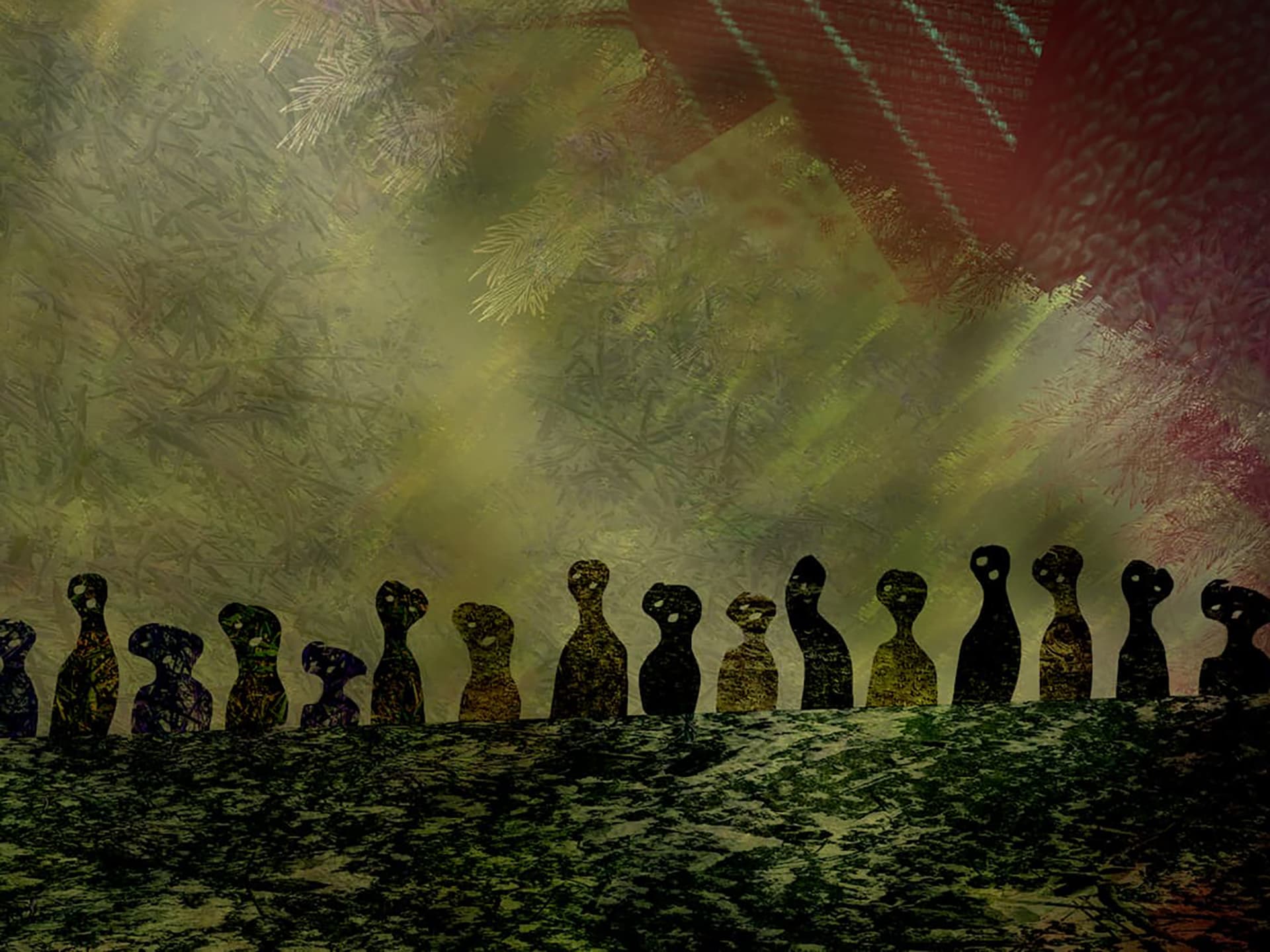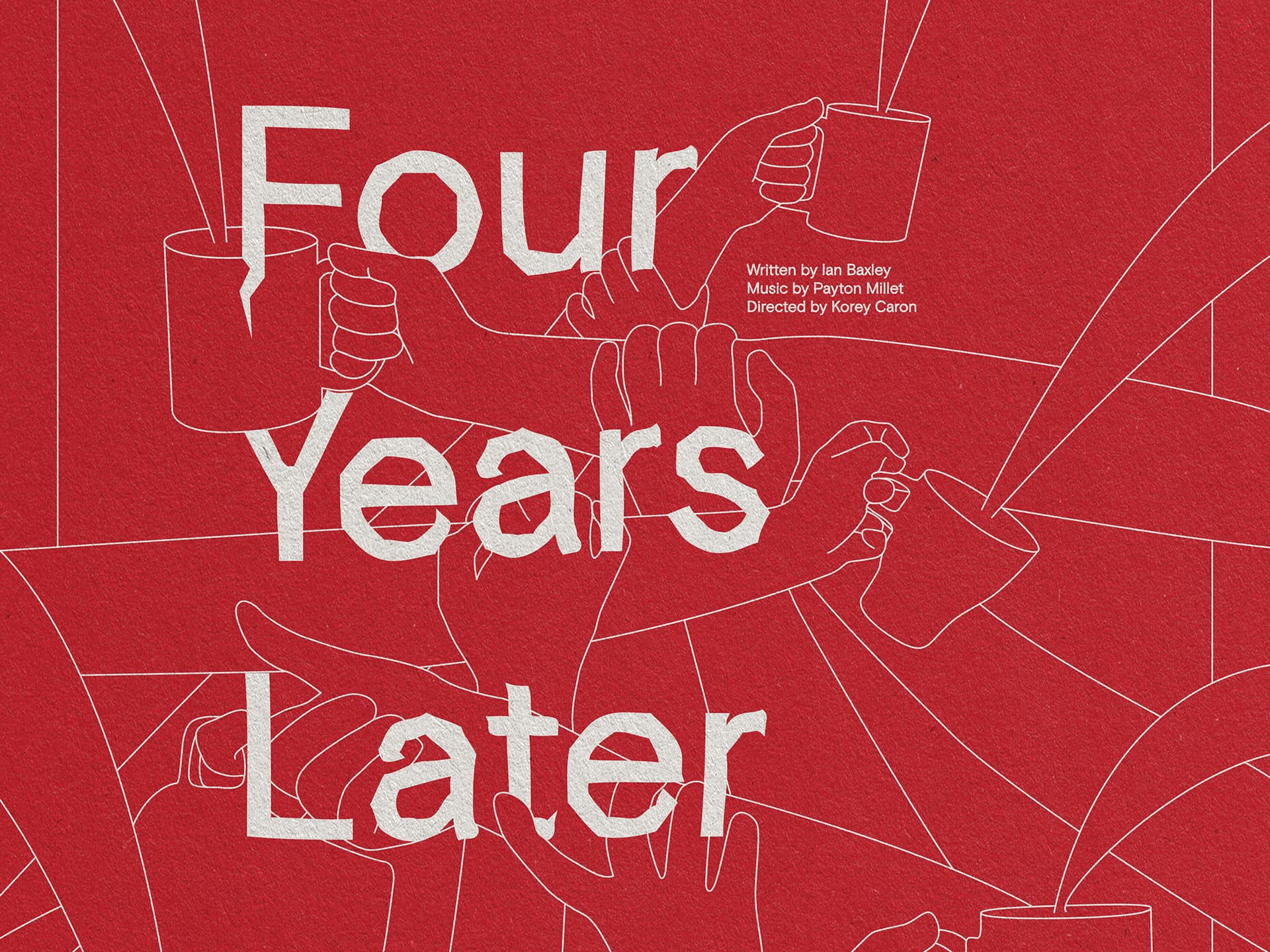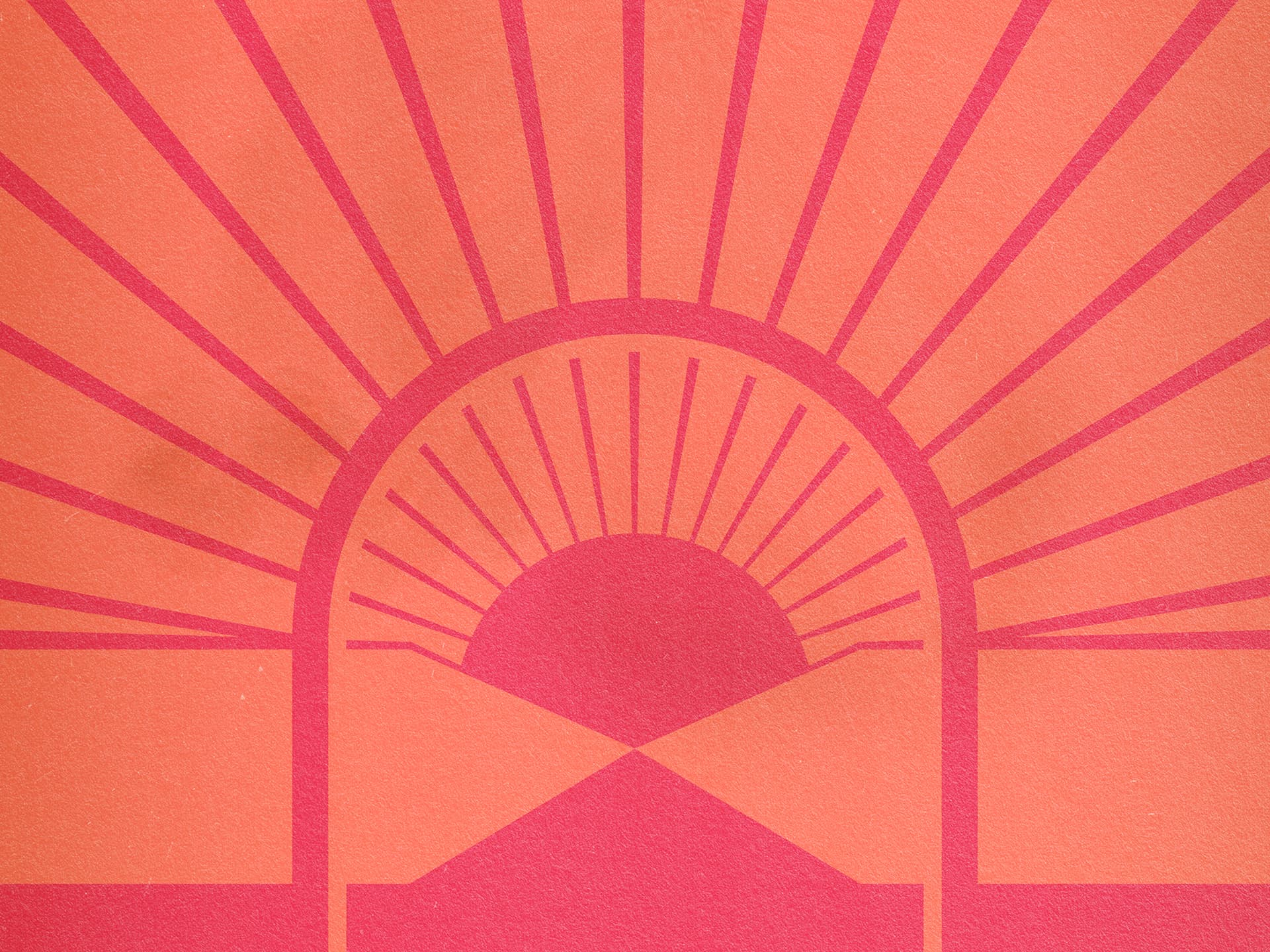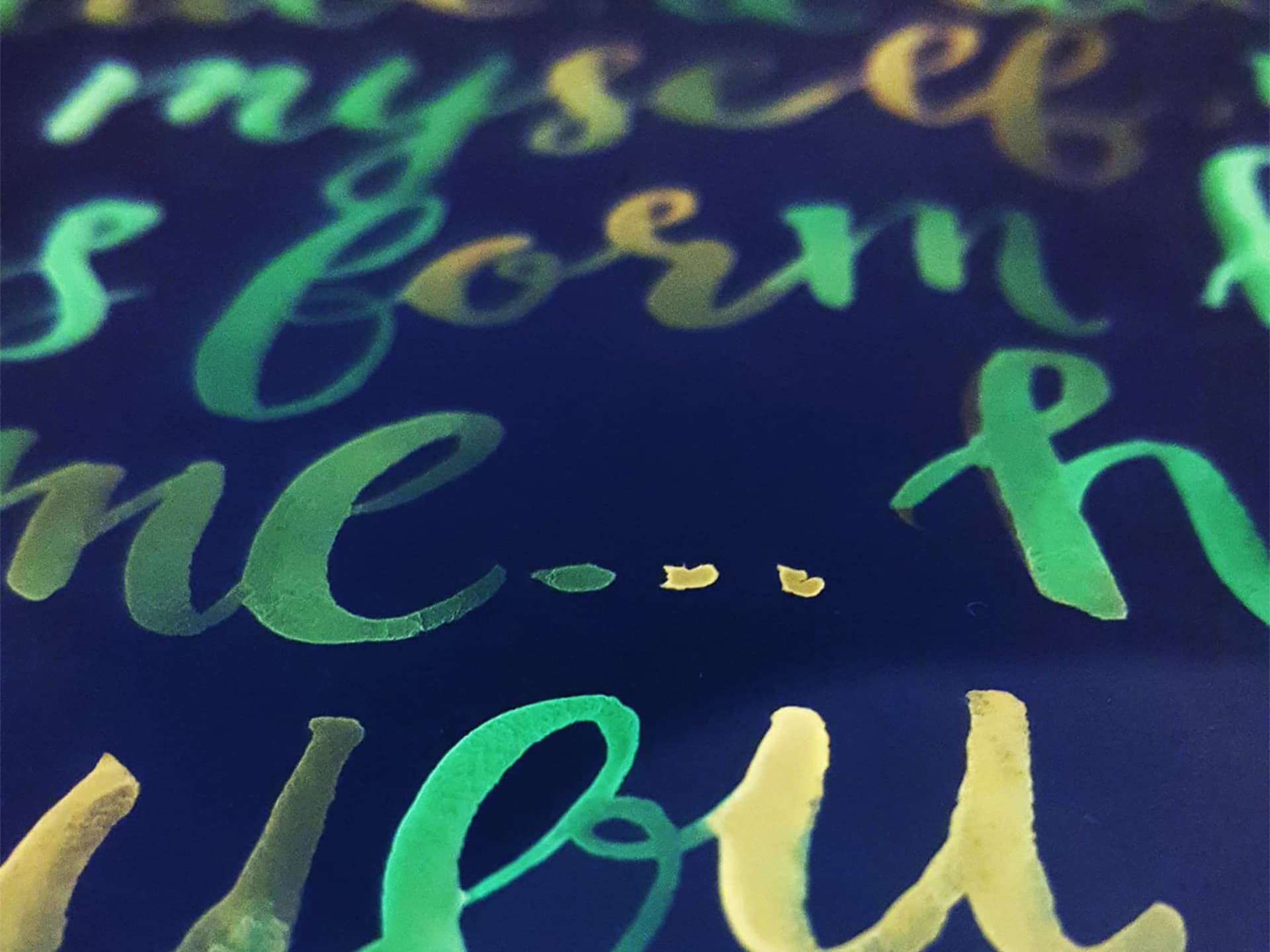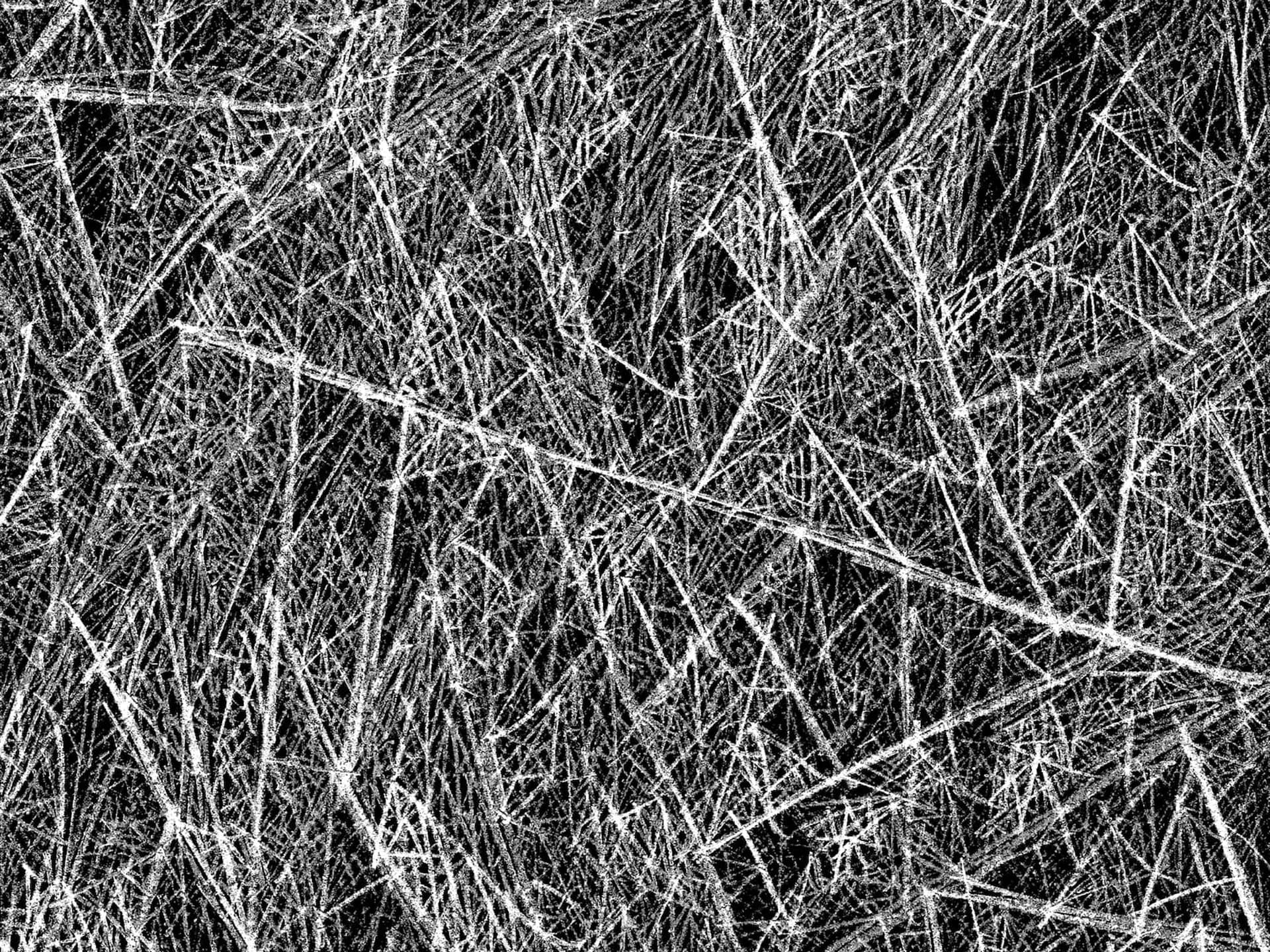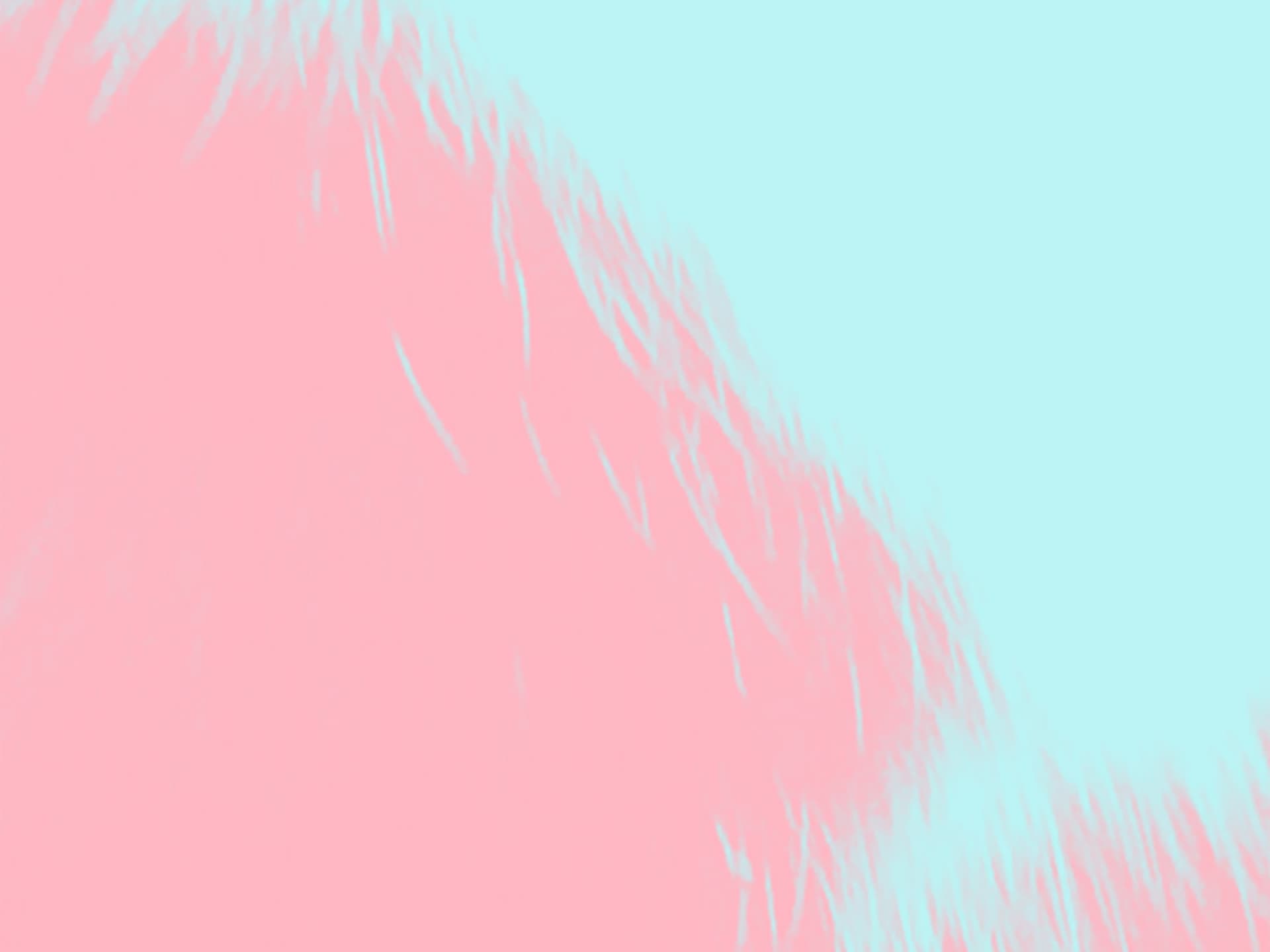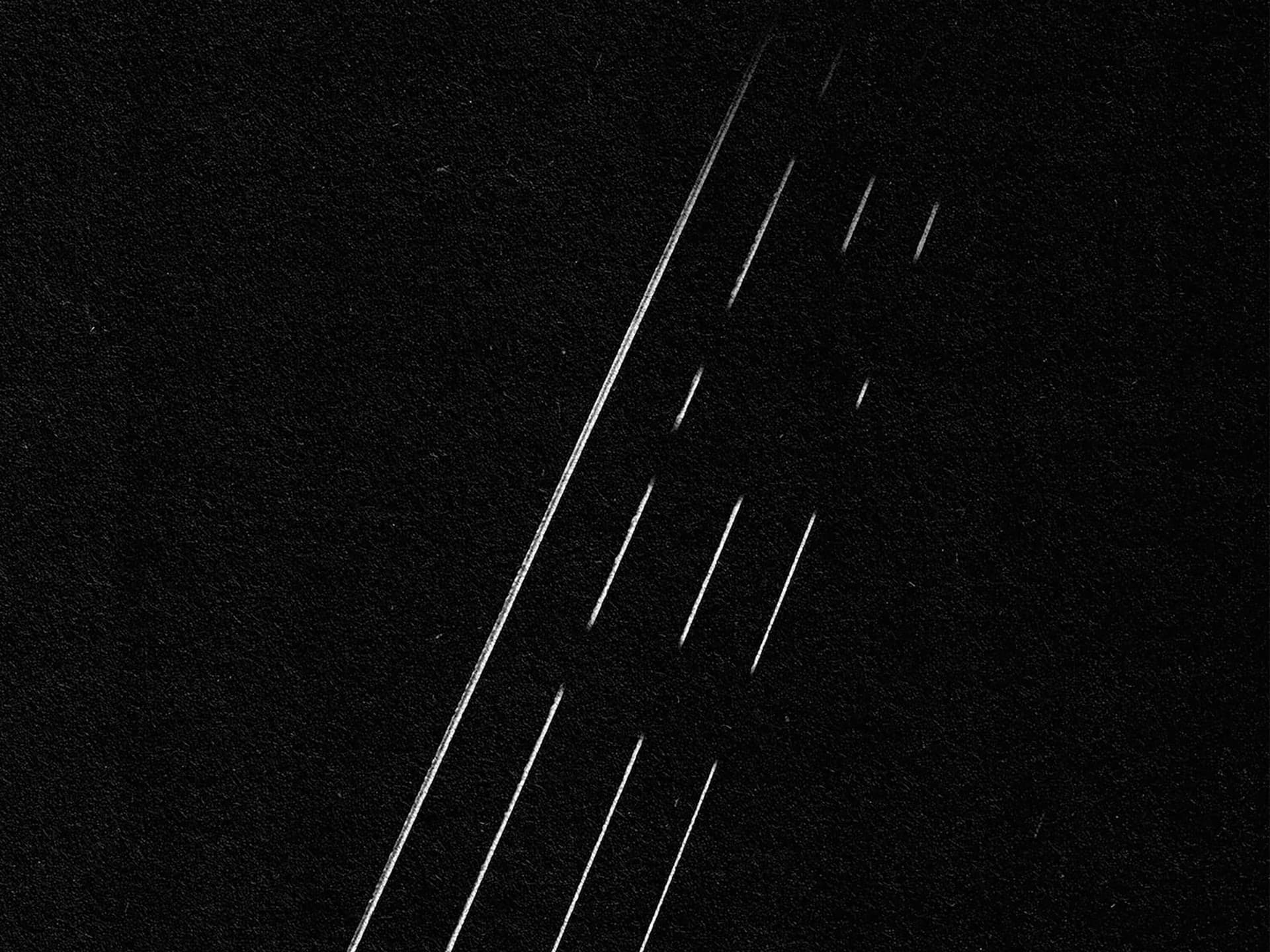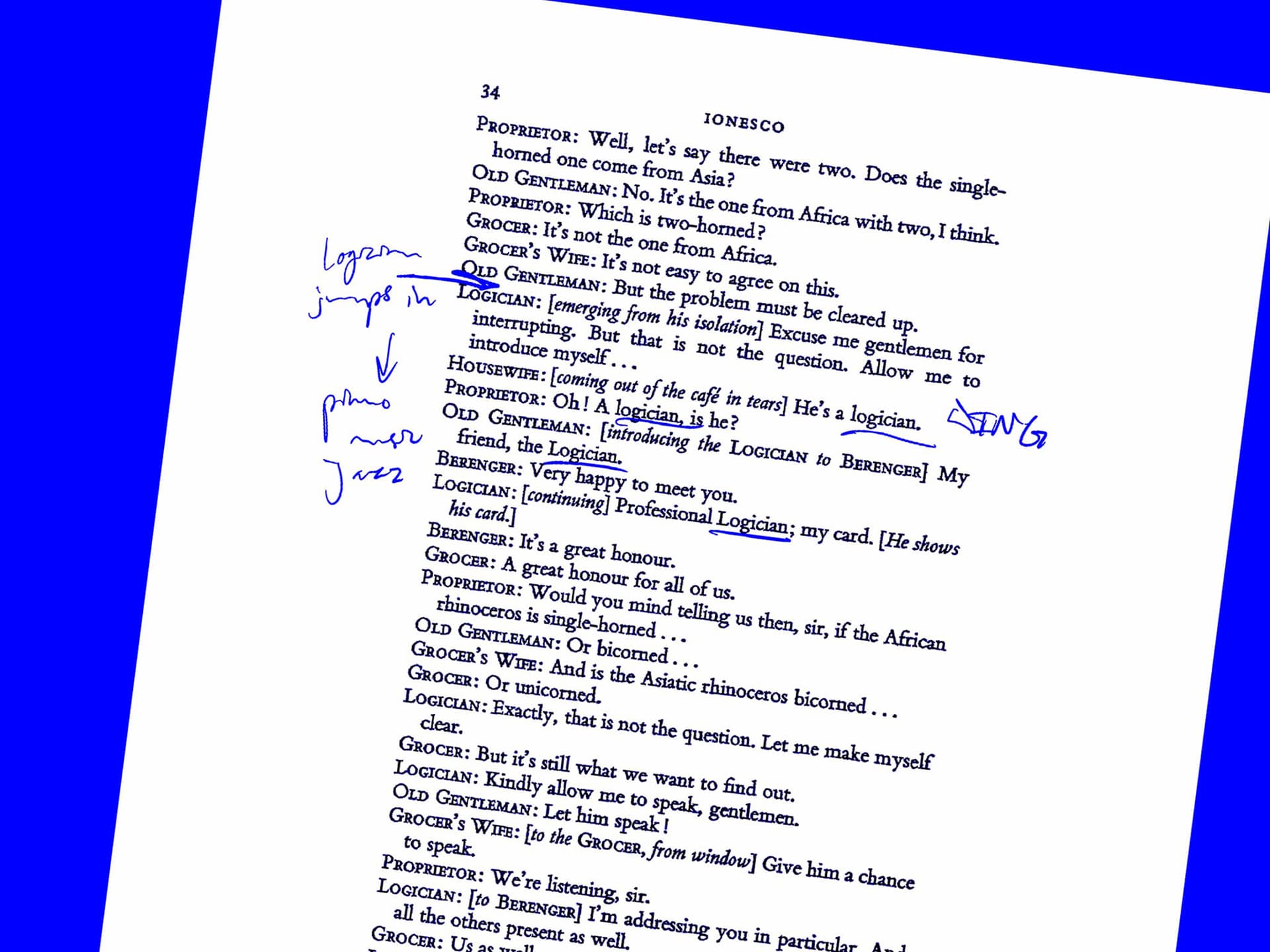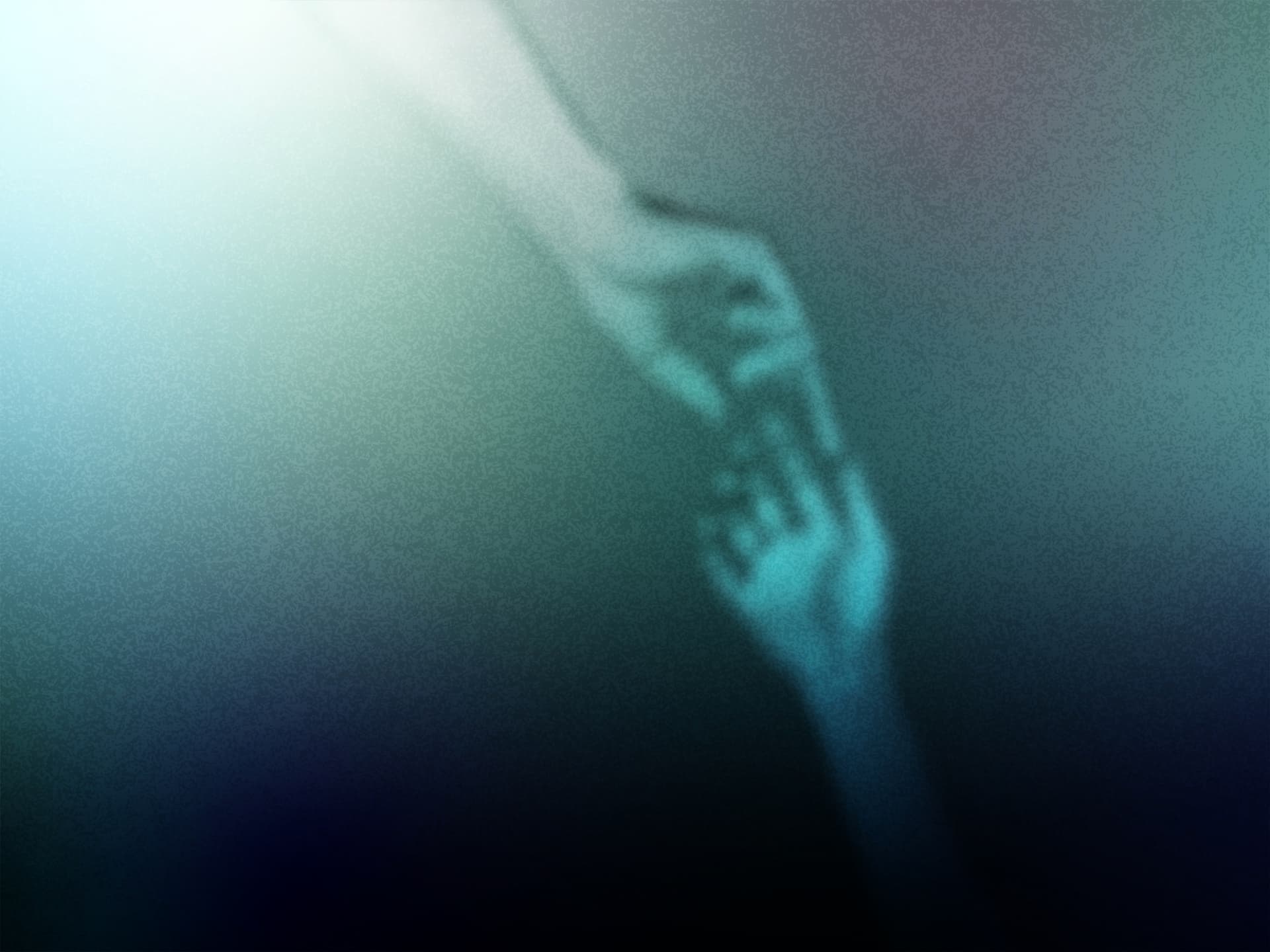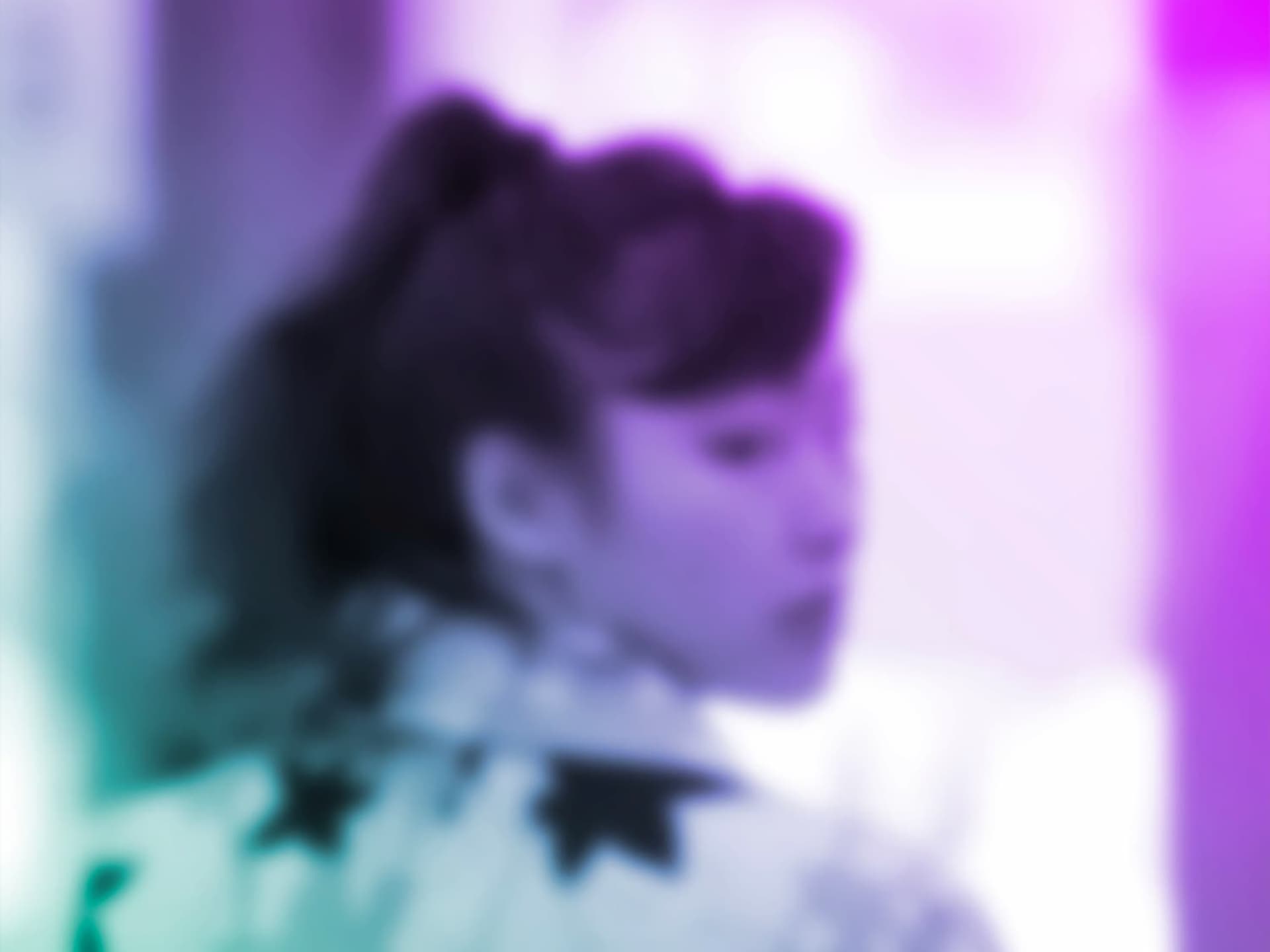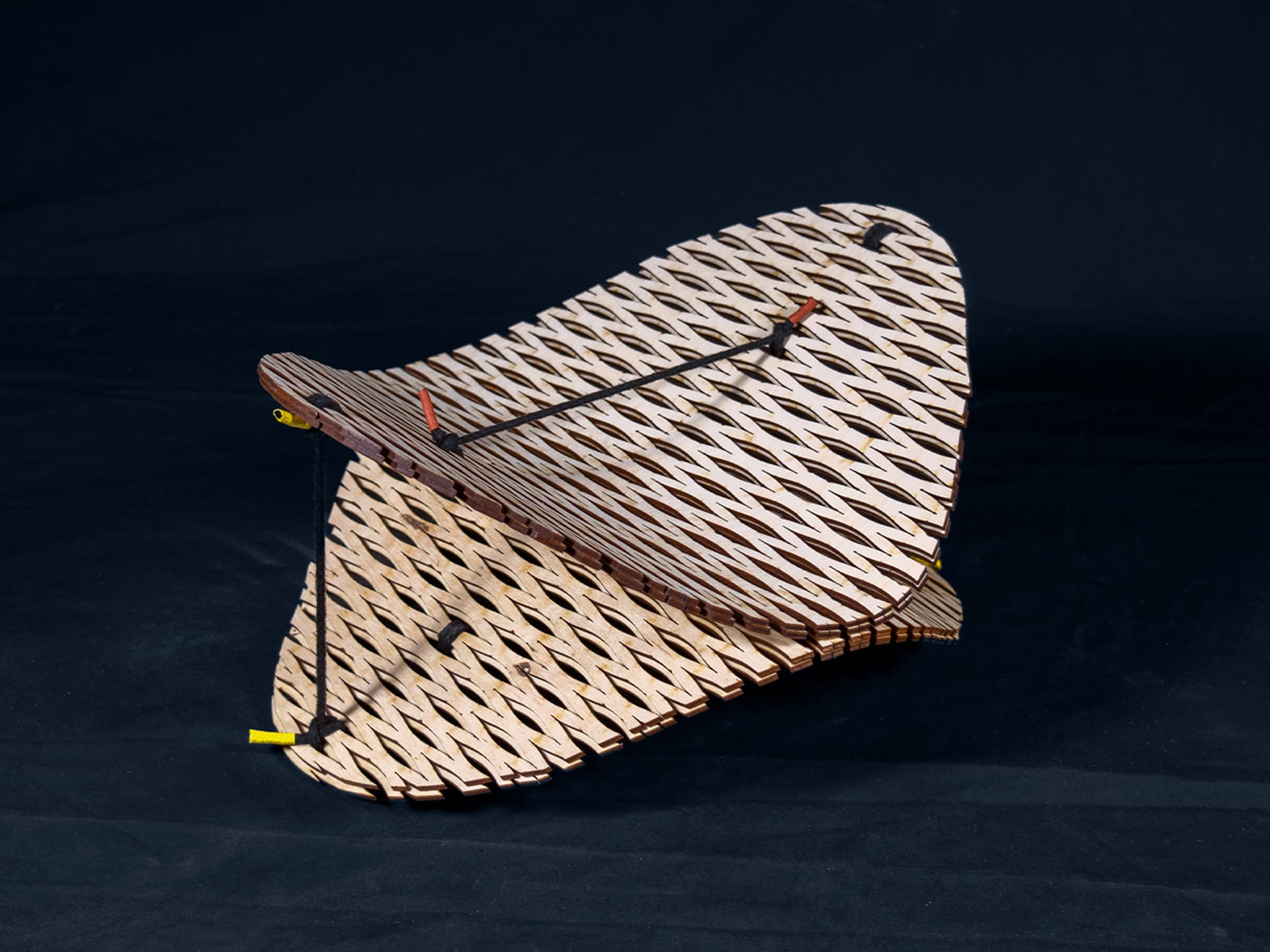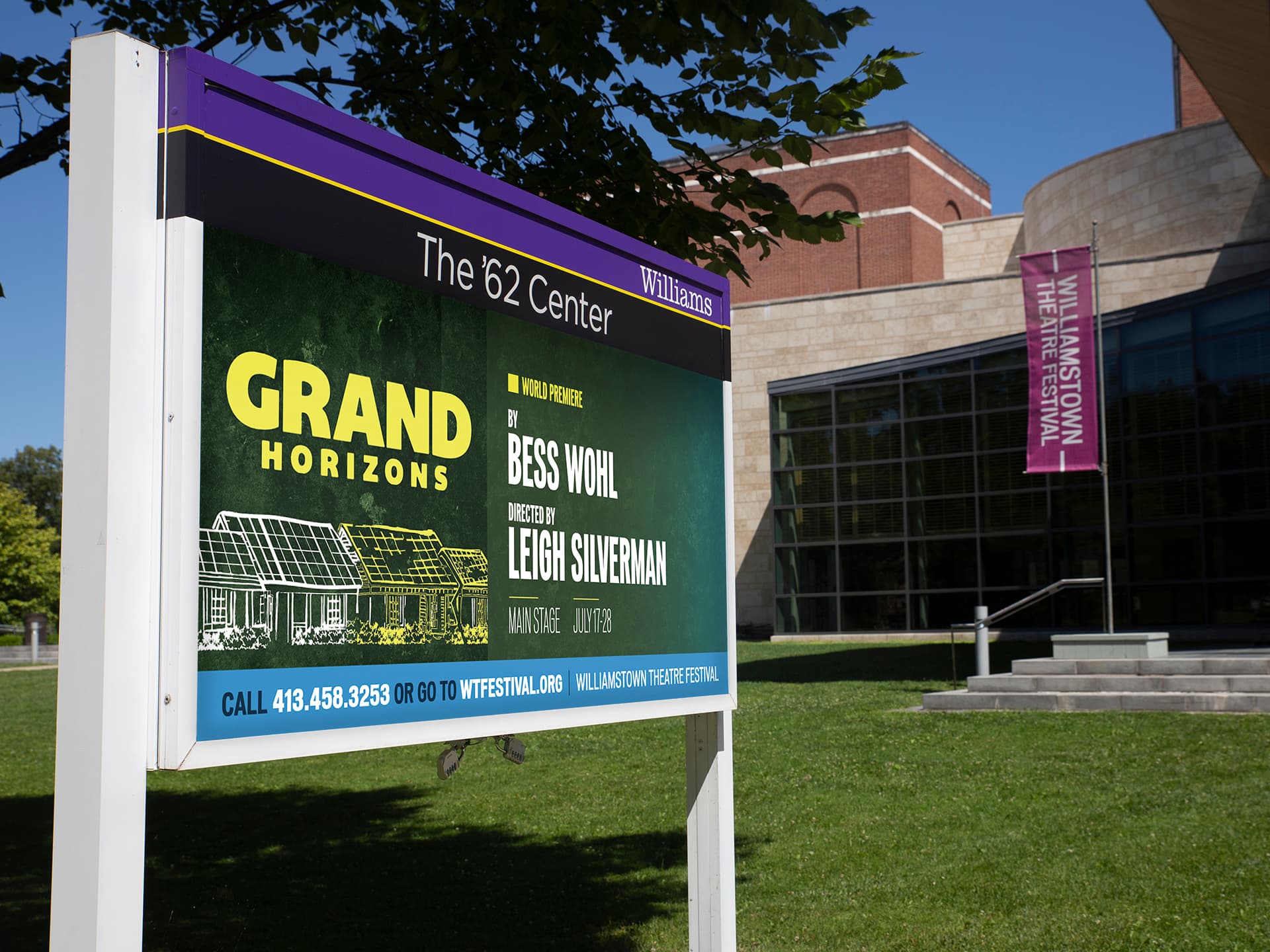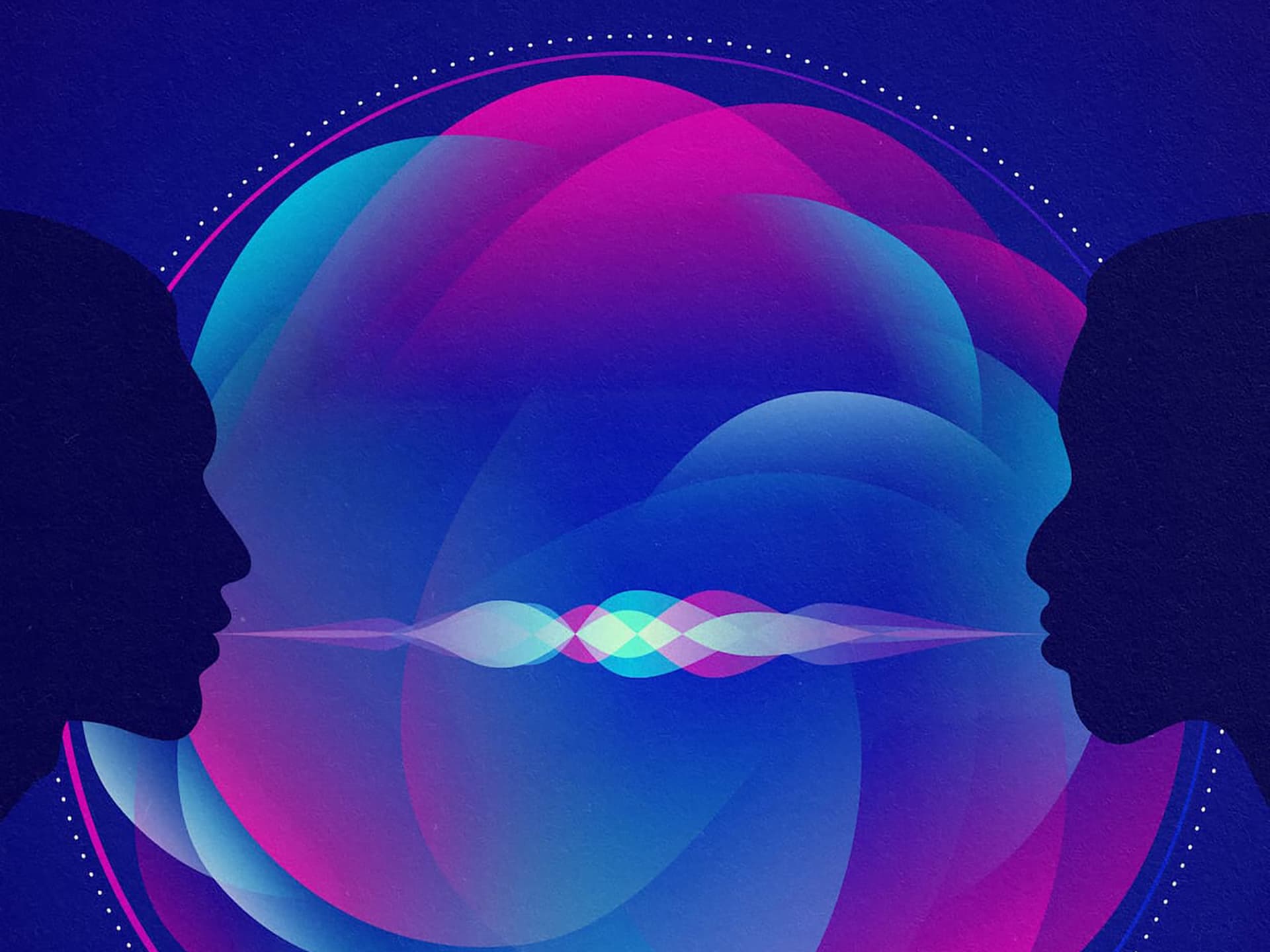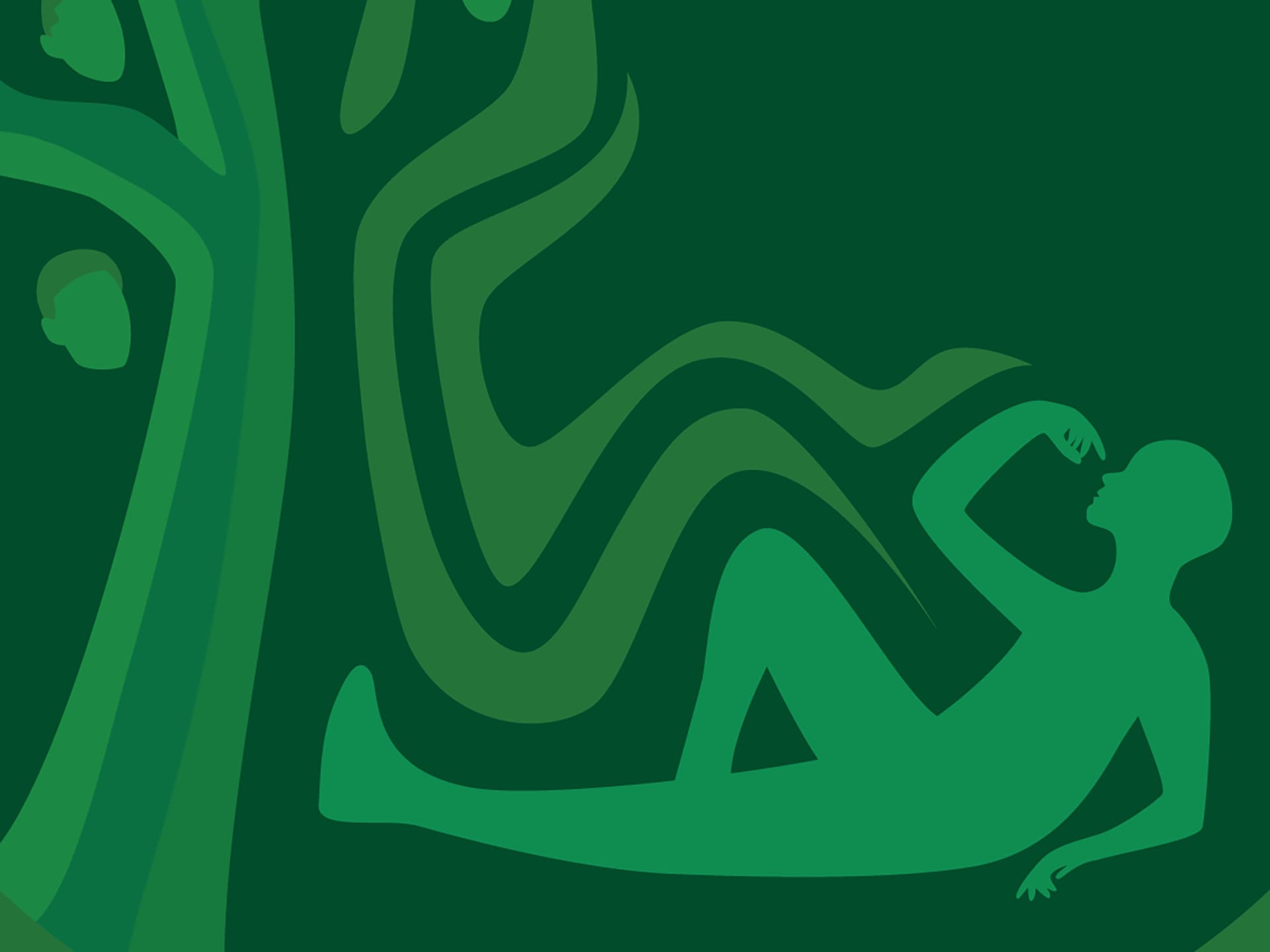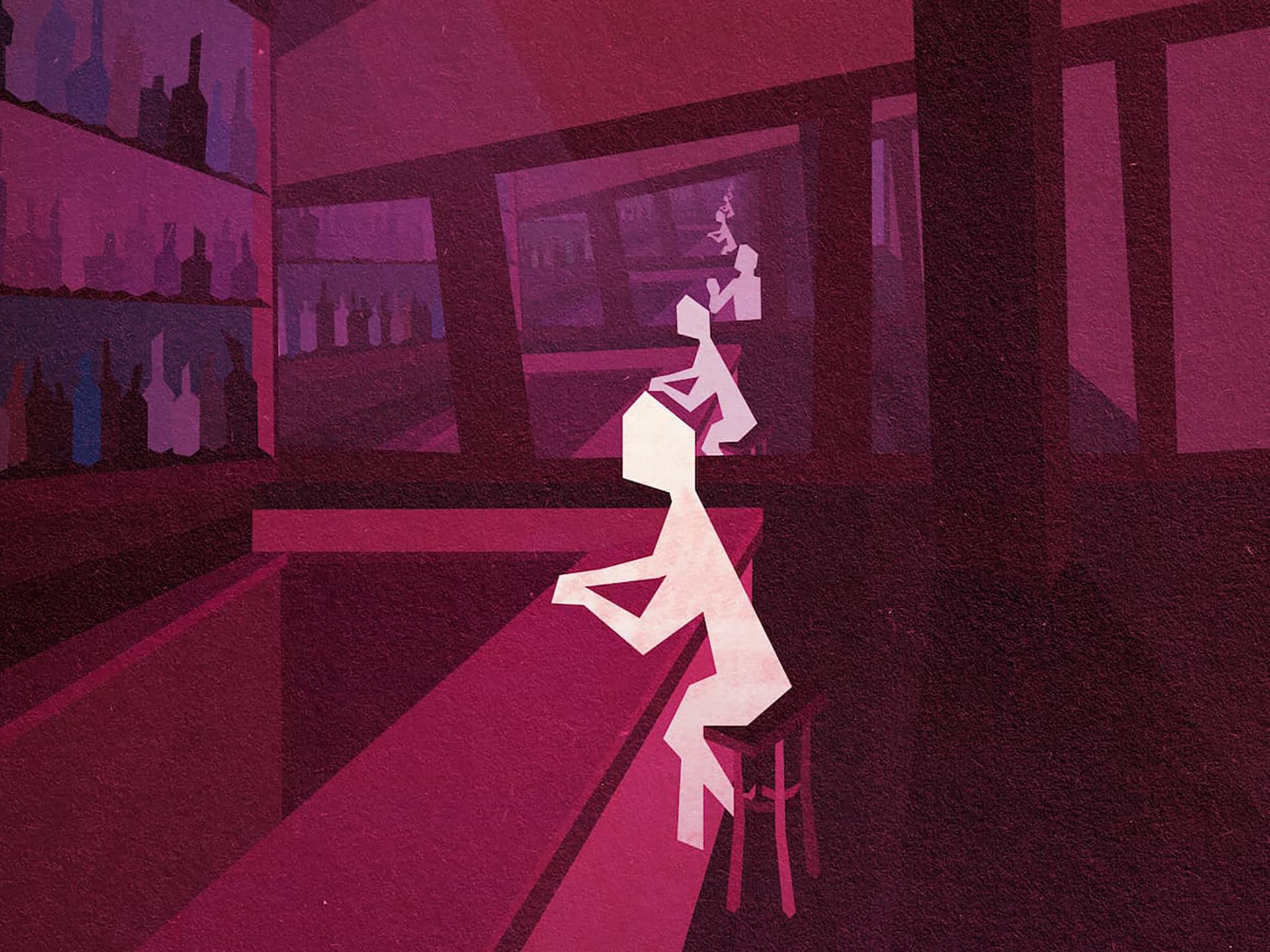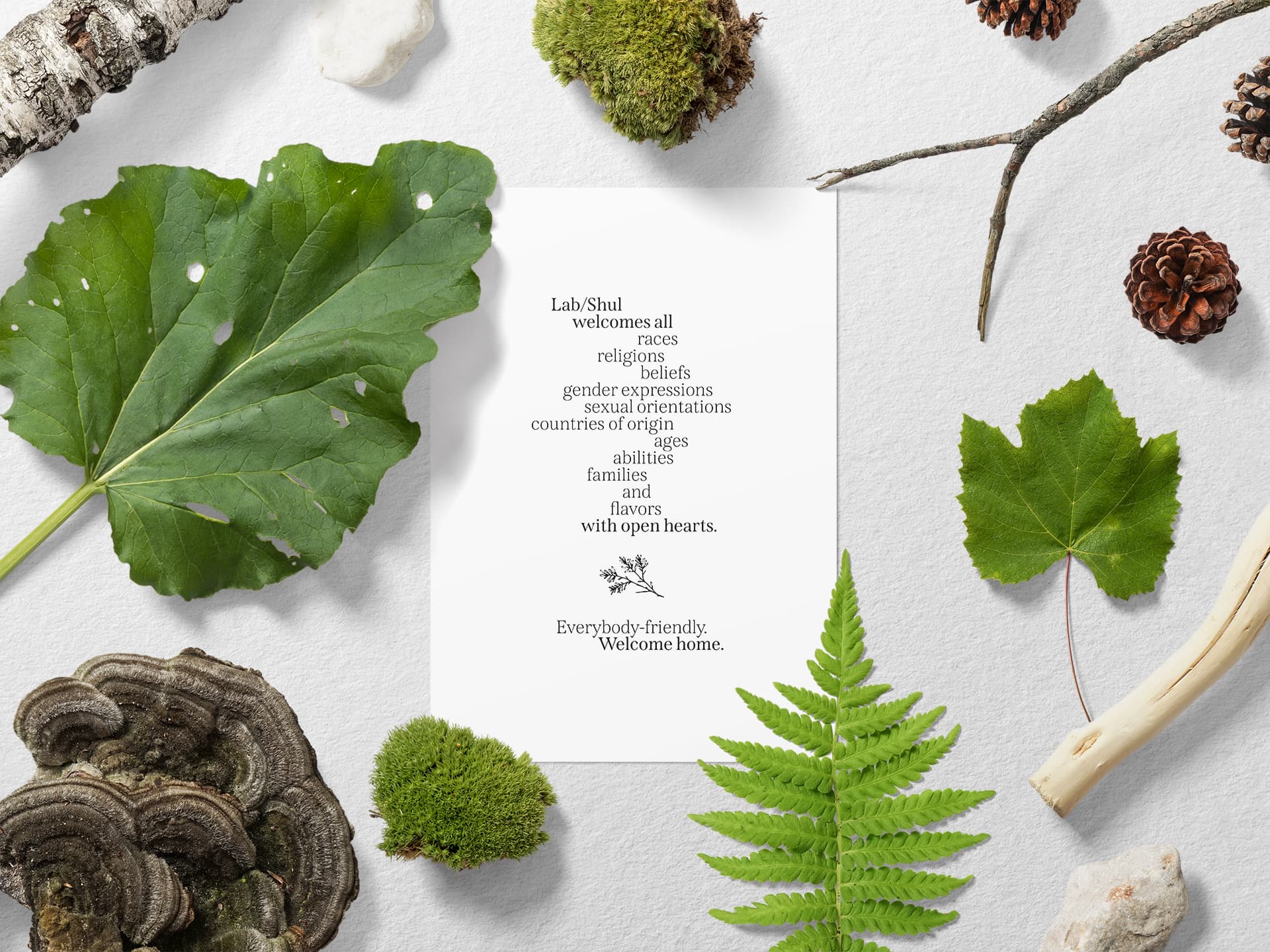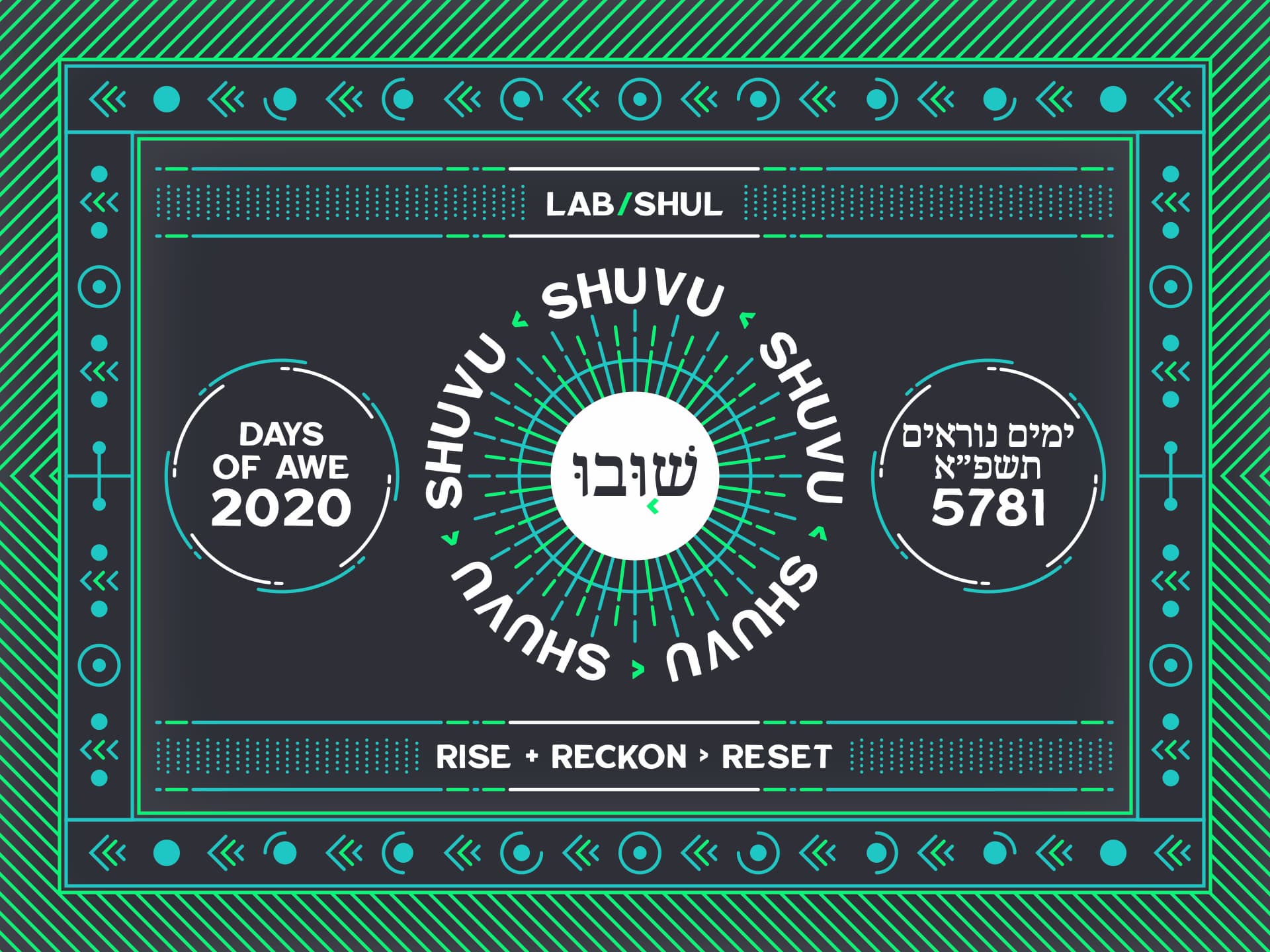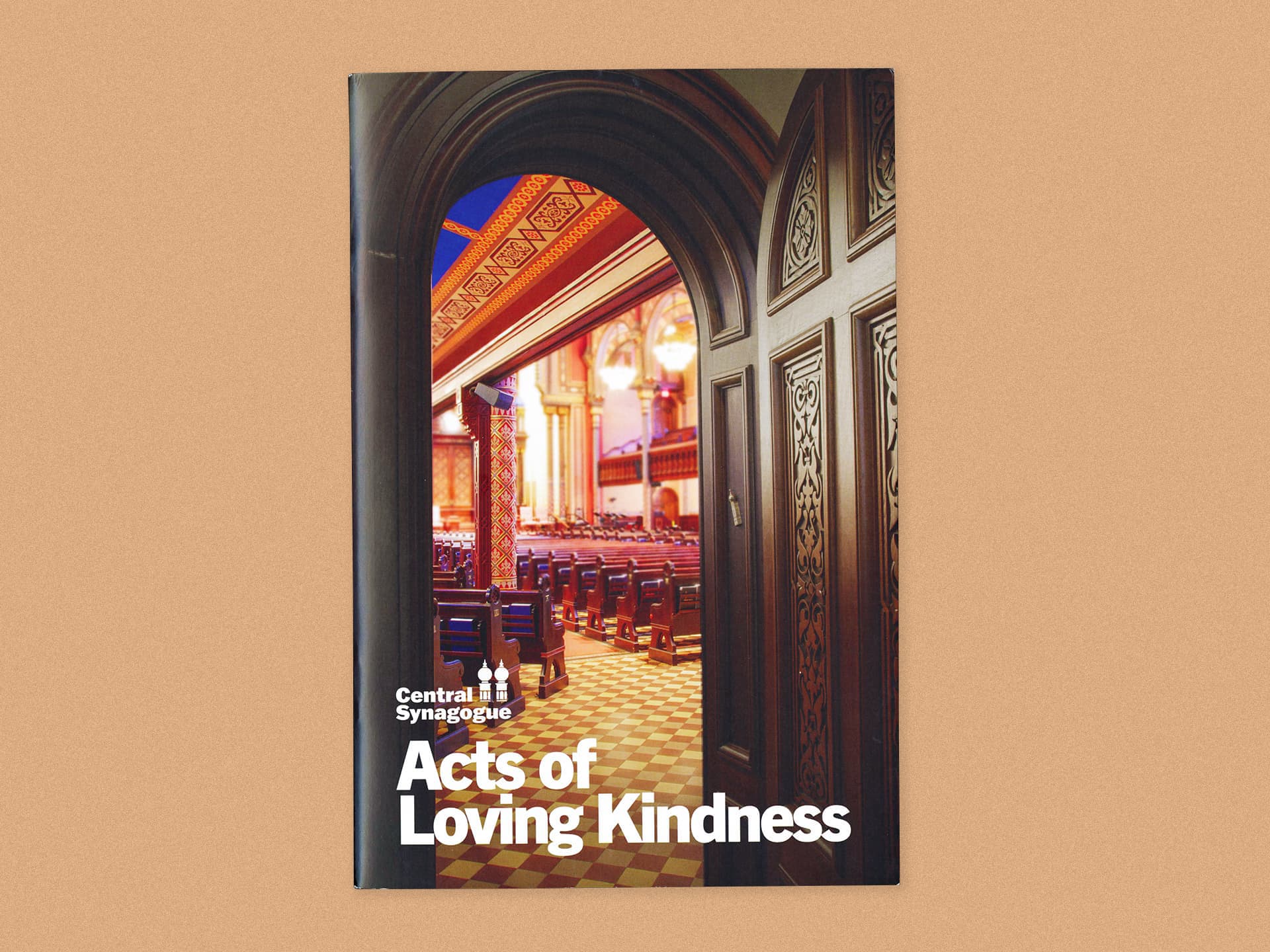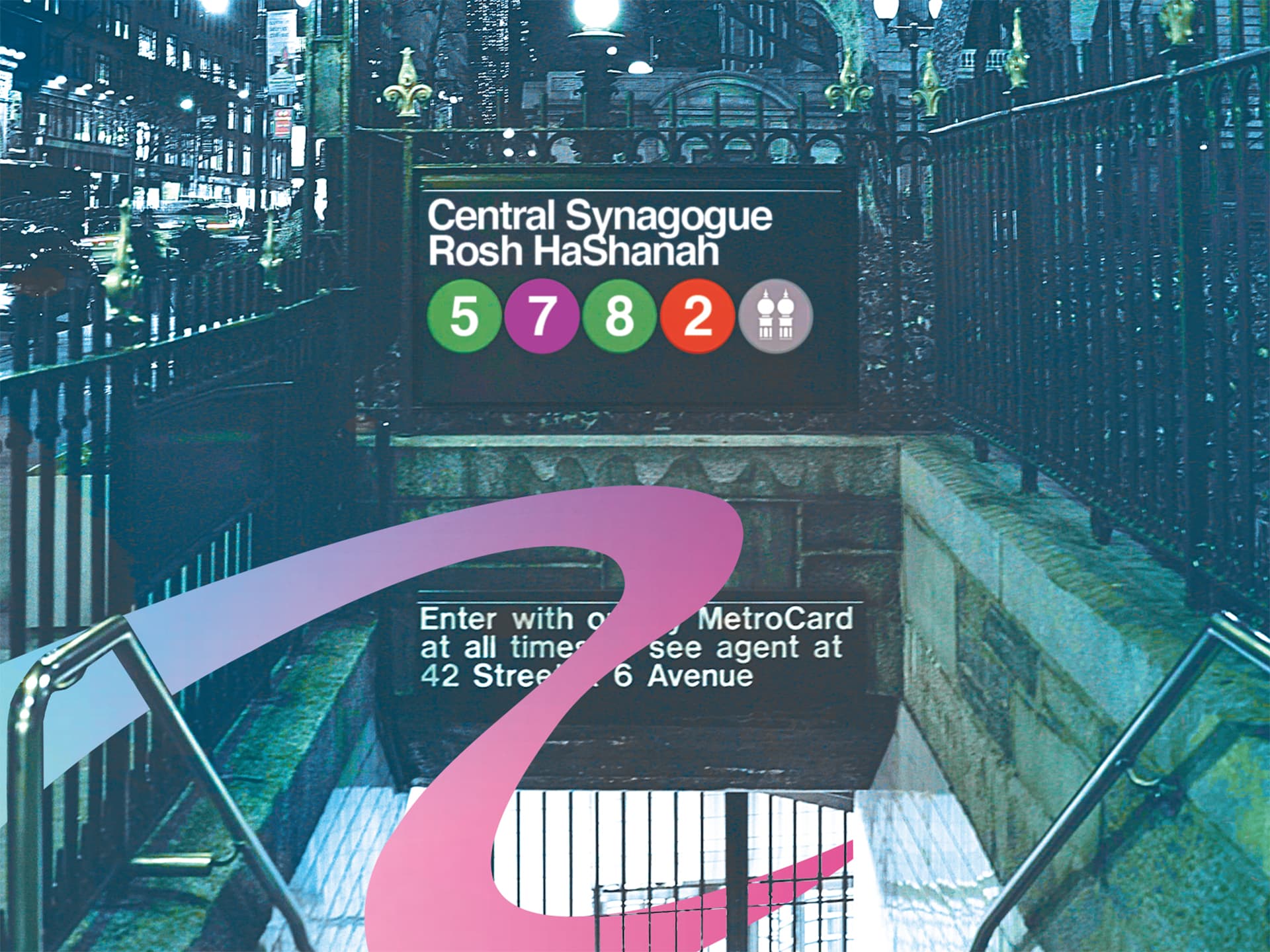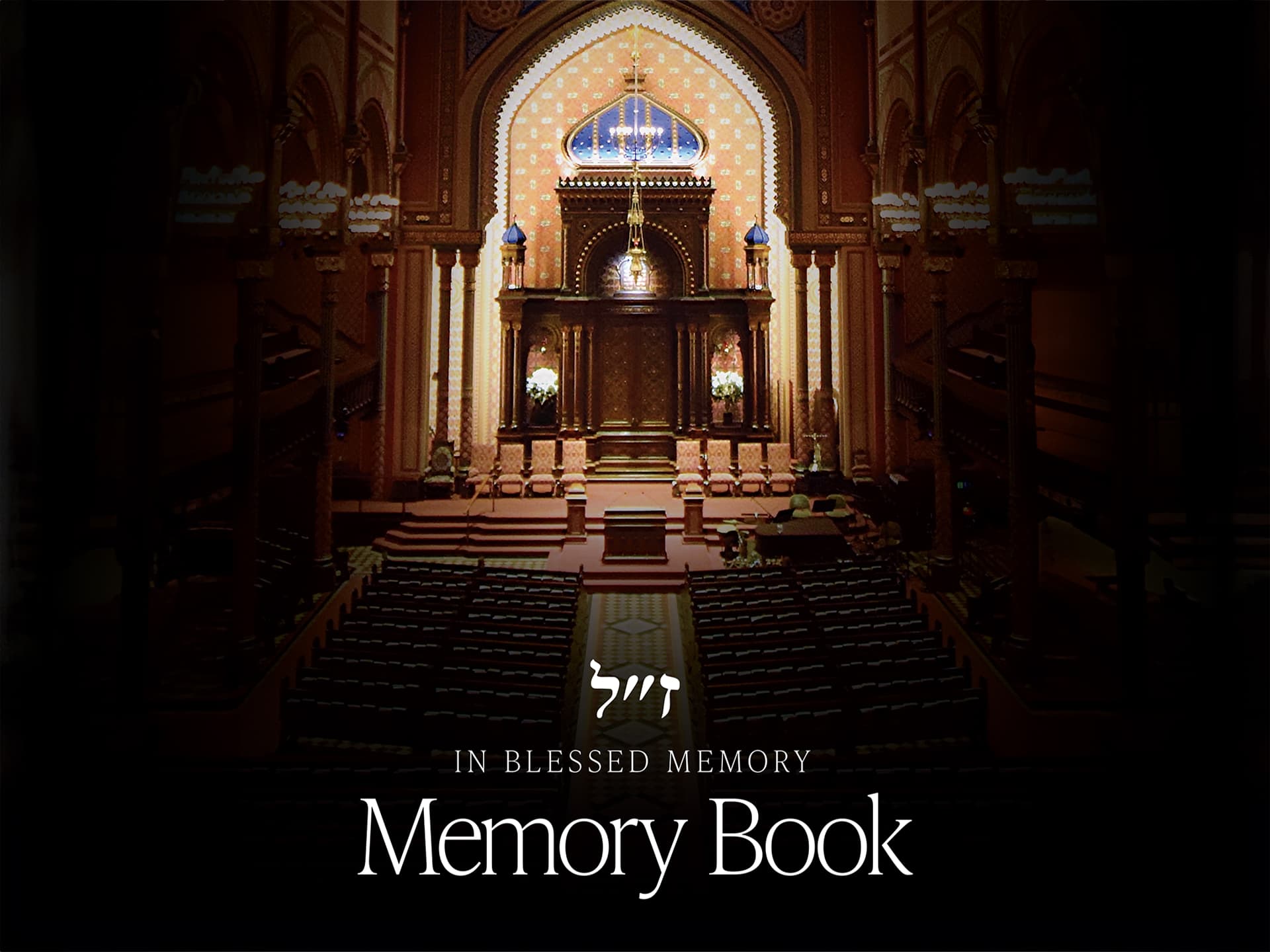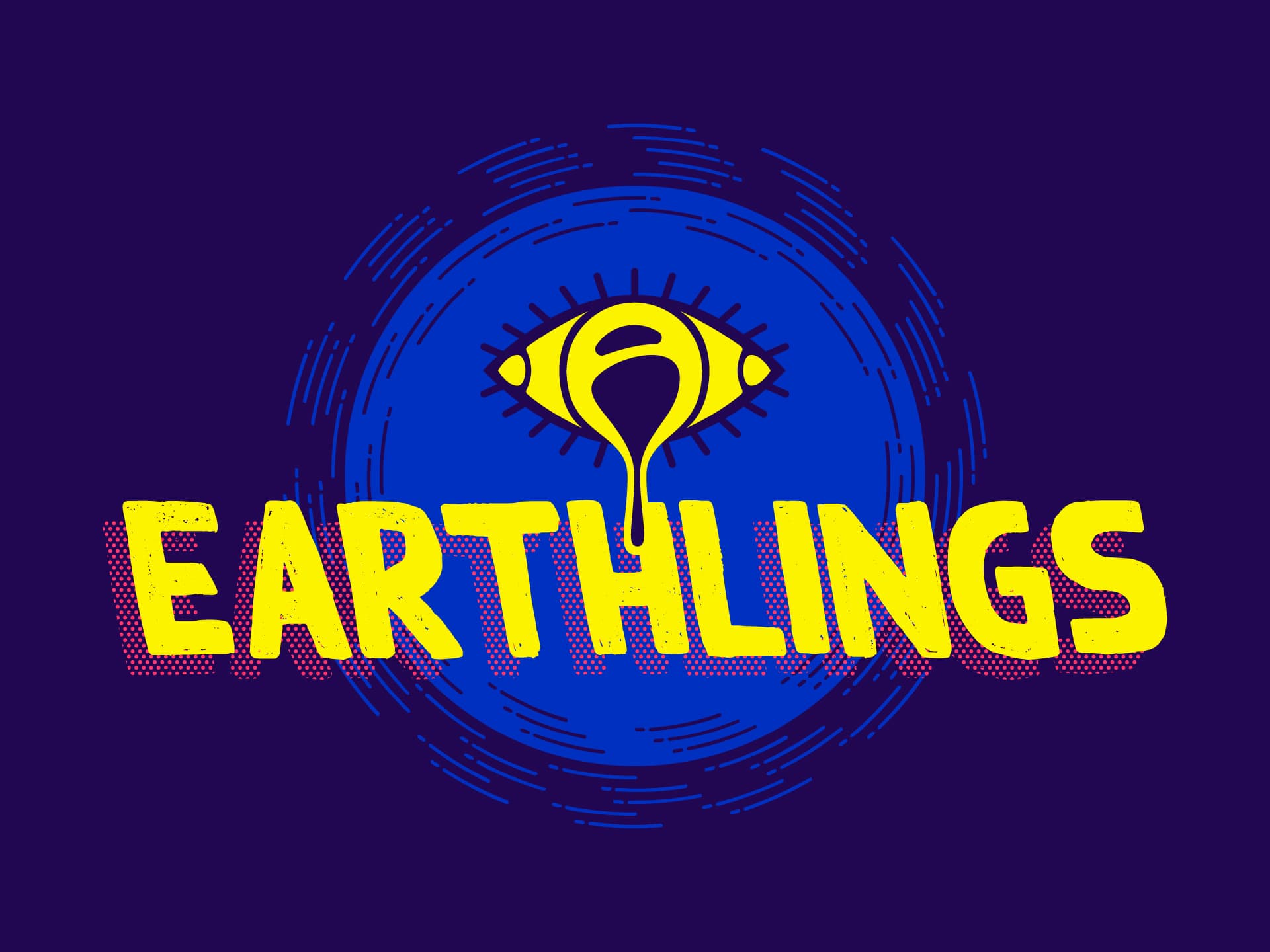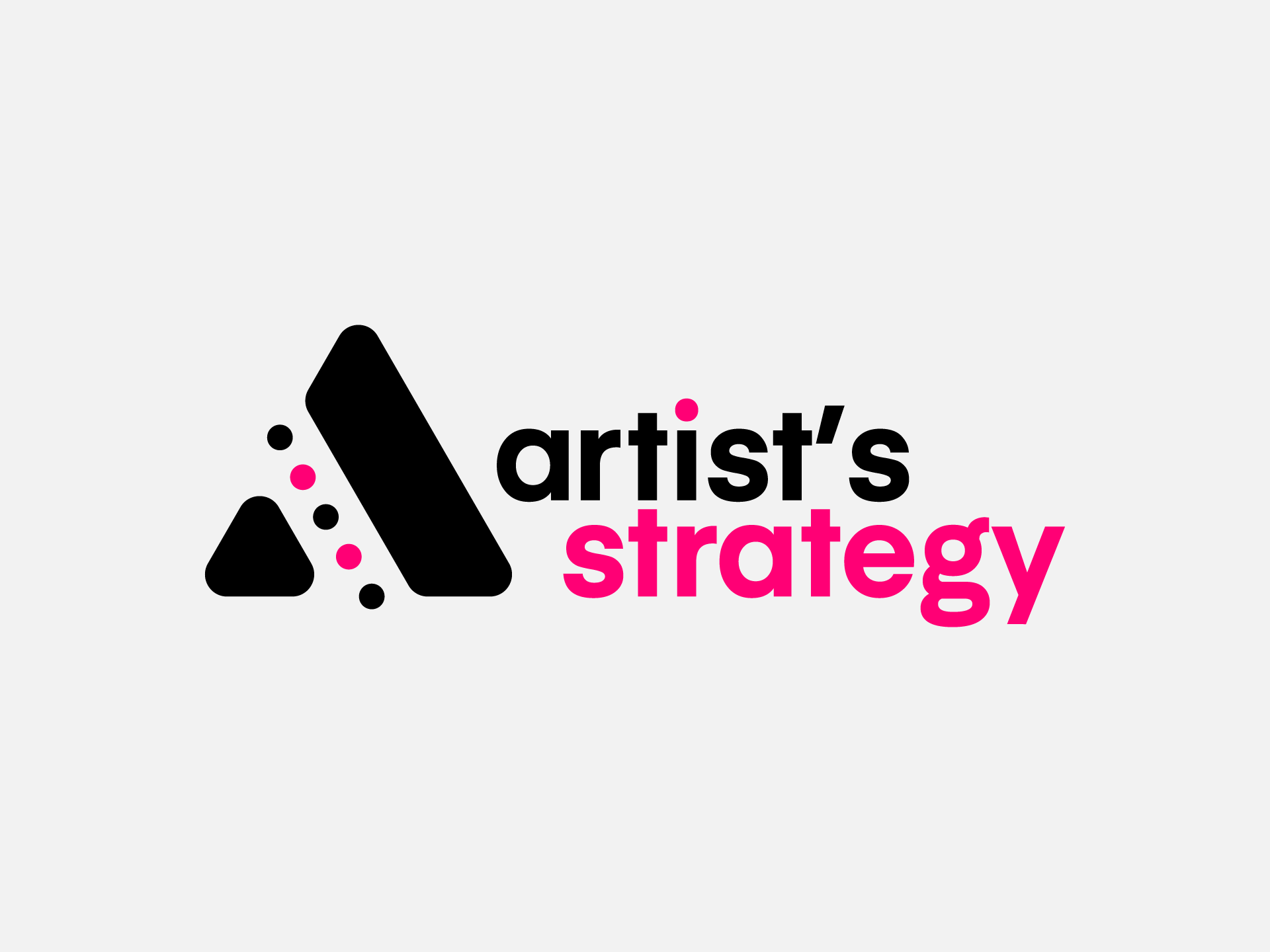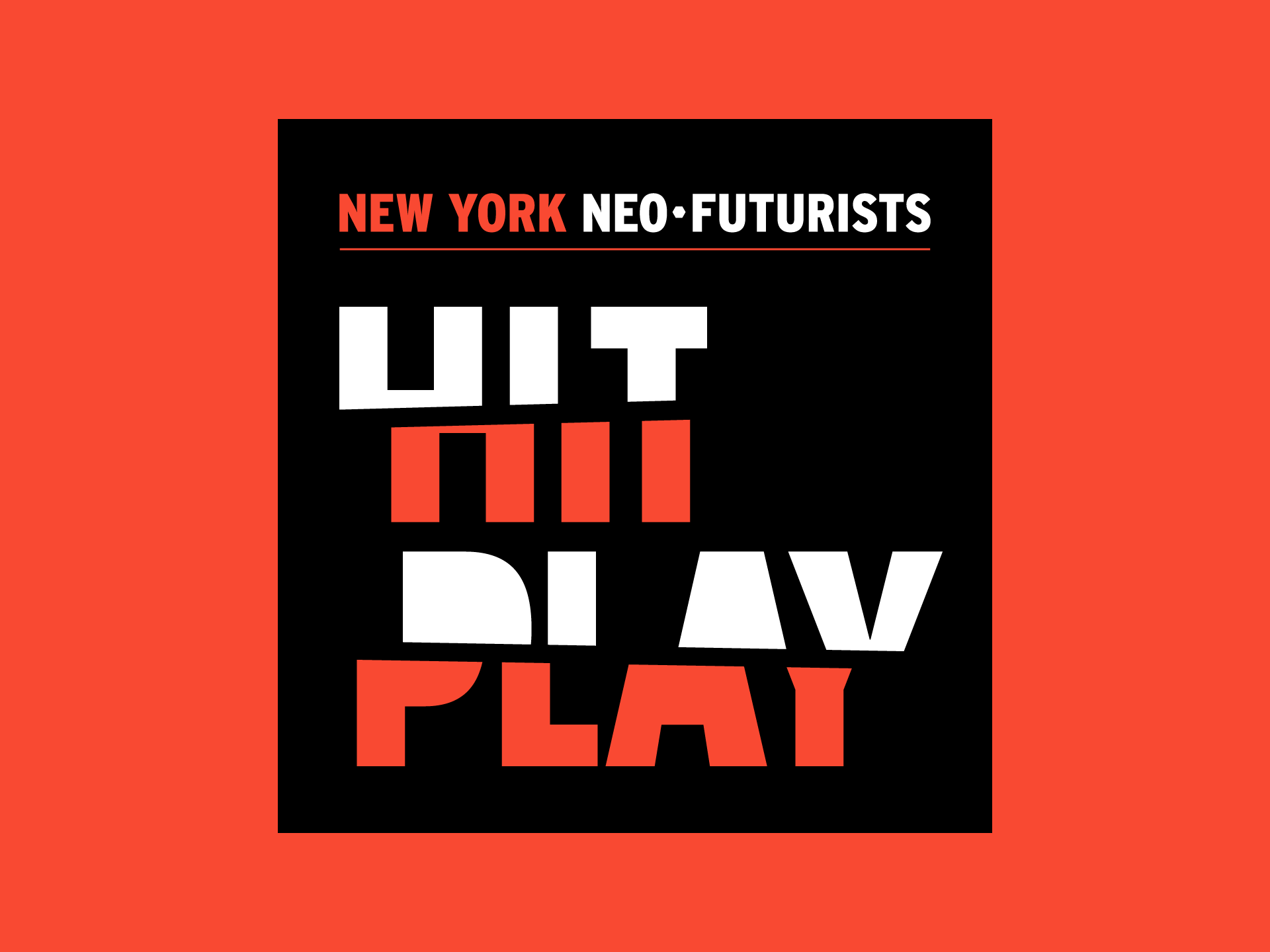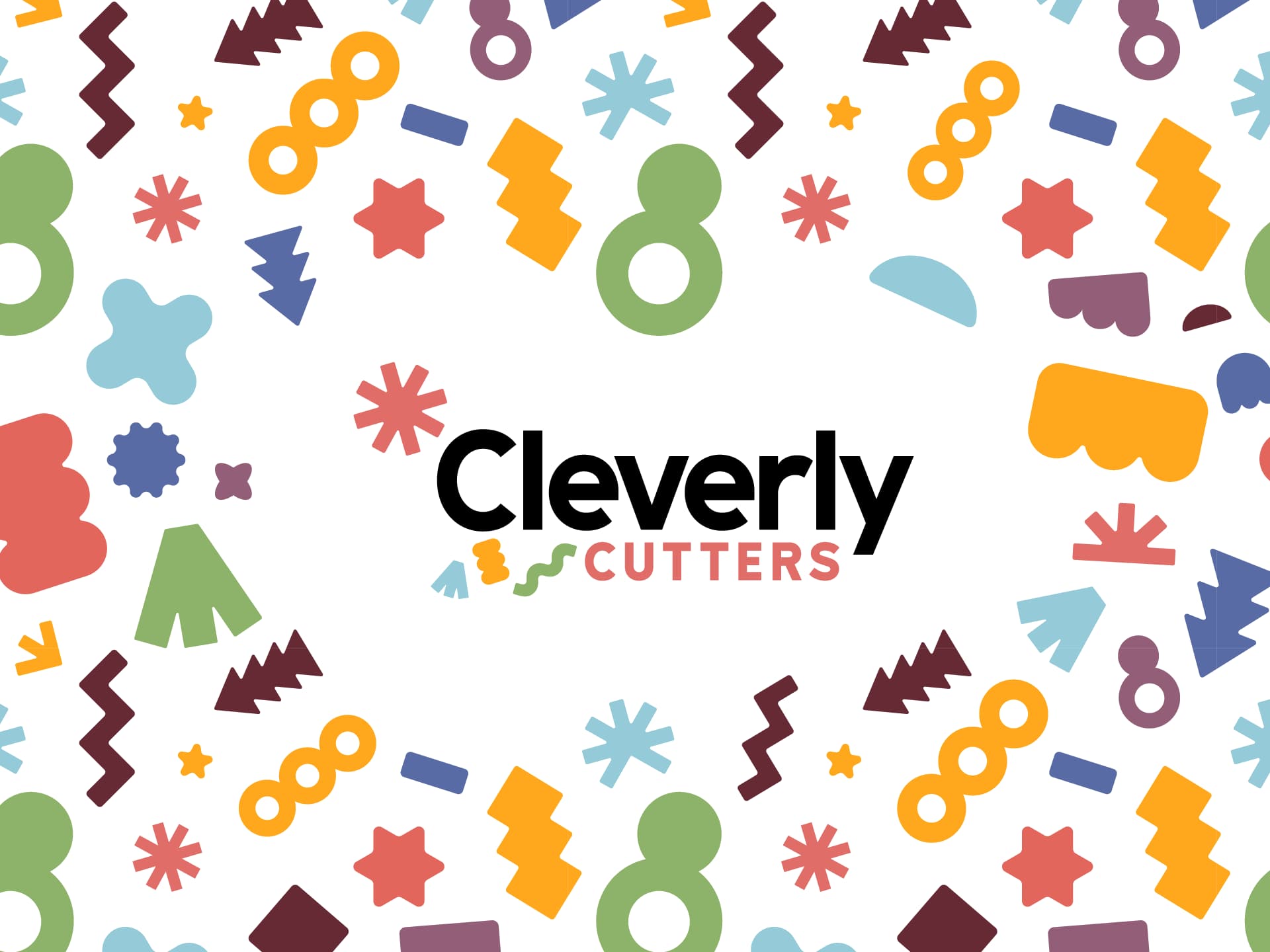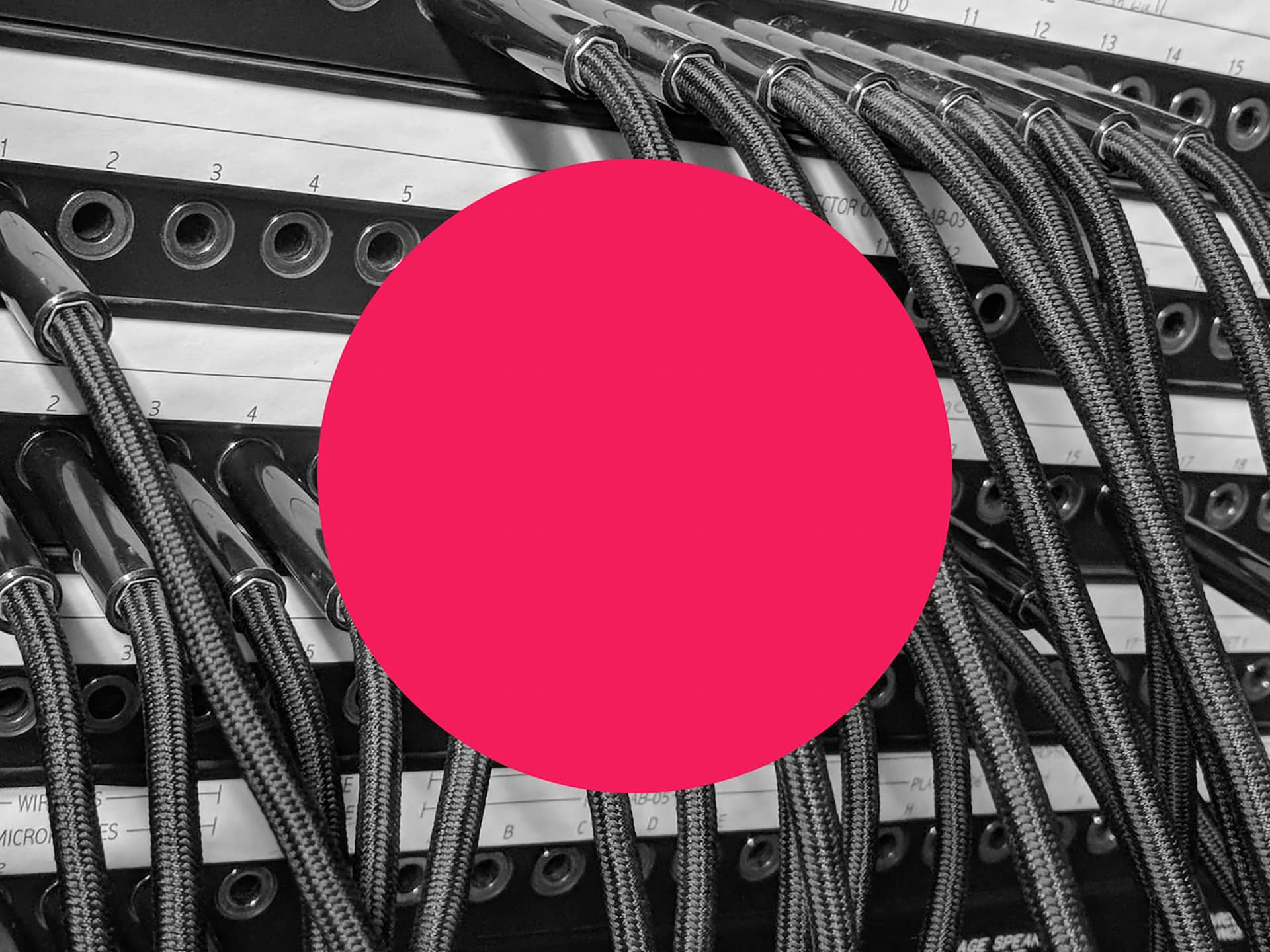You have no idea what your life will become when you’re young. Or at least, that’s how it felt for me. I was a bit of a sad kid, and part of that sadness came from a feeling of unfulfillment in everything I did — I couldn’t commit to any particular interest or career path. That wasn’t for a lack of trying, though. I at least knew I loved music, movies, and video games, so I did my best to make music, movies, and video games. Much, much later, I realized that those amateur hobbies actually set the stage for the skills I would rely on as a designer.
Music
It’s tough writing music when you hate the sound of your voice. That didn’t stop me. My earliest creative experiences were as a songwriter, starting off with nonsensical songs that tried way too hard to be funny, leading into overly dramatic ones that tried way too hard to be serious and meaningful. The pivotal moments that stuck with me from this phase of my life were learning how to improvise on and compose for piano, and learning the basics of audio recording and production.
Movies
I distinctly remember declaring that I wanted to become a filmmaker. I don’t know what compelled me, but maybe I was inspired by the onslaught of Flash animations and YouTube sketches at the time. For a few years, I tried to watch a classic movie everyday to see what I could learn. That passion drove me to create my own absolutely terrible YouTube videos, culminating in a stop motion animation that earned me a nomination (not a win) at a Tribeca award for young filmmakers. Looking back, I think losing that award really stung, and might’ve been the reason why I stopped making movies.
Video Games
My real passion — which continues to be my secret real passion — was for video games. I absolutely loved video games, particularly Nintendo and Flash games, but I never considered game development as a possible career path. Even so, I discovered that I could make my own using a sort of “coding” language called Scratch that MIT developed to teach kids code. So, with my extremely limited capabilities for thinking about computer science logic and algorithms, I became some lesser definition of a game developer.
